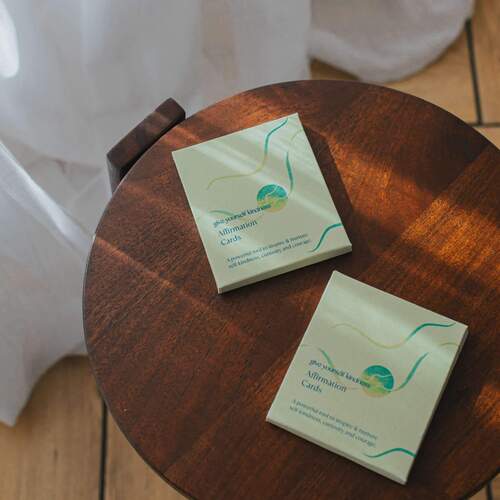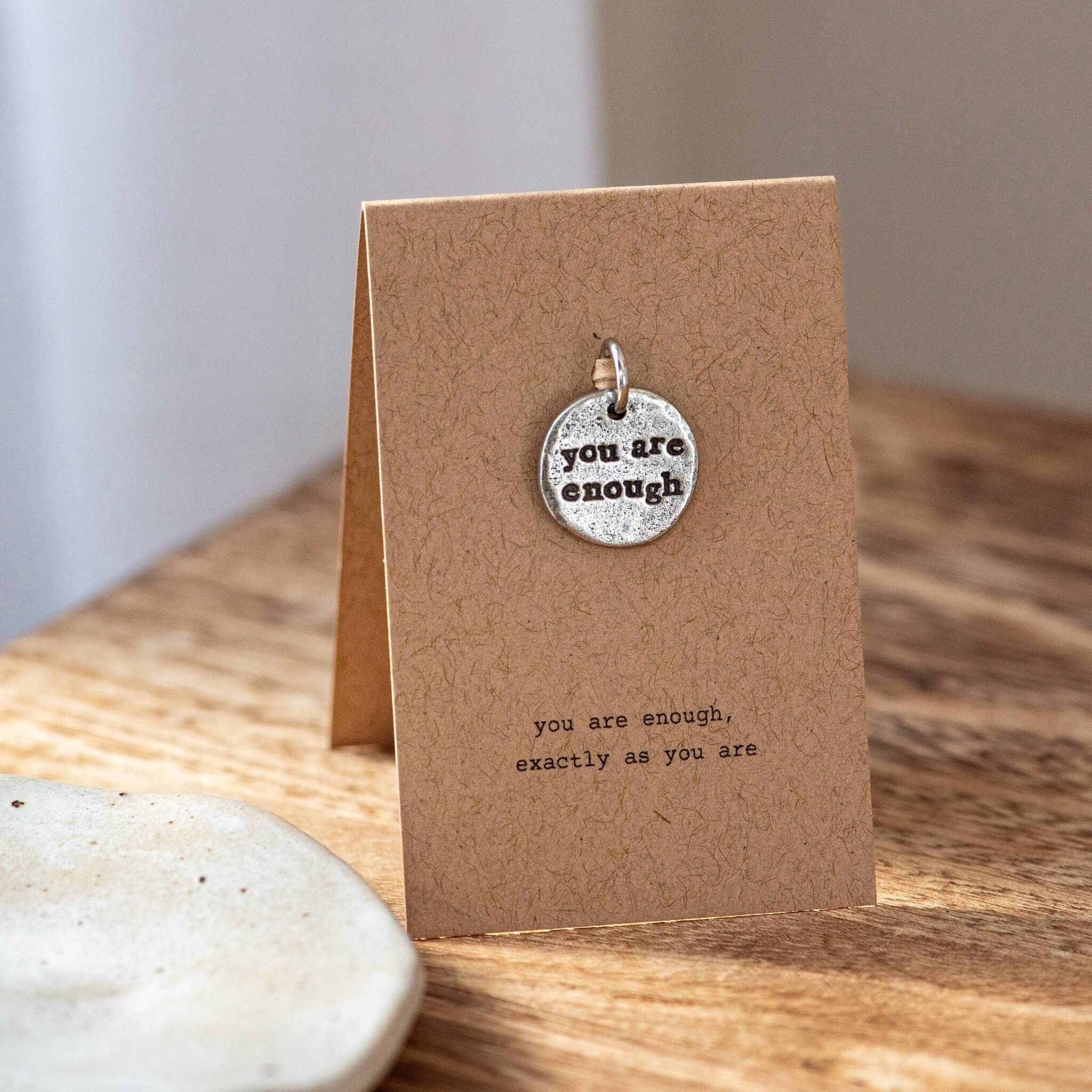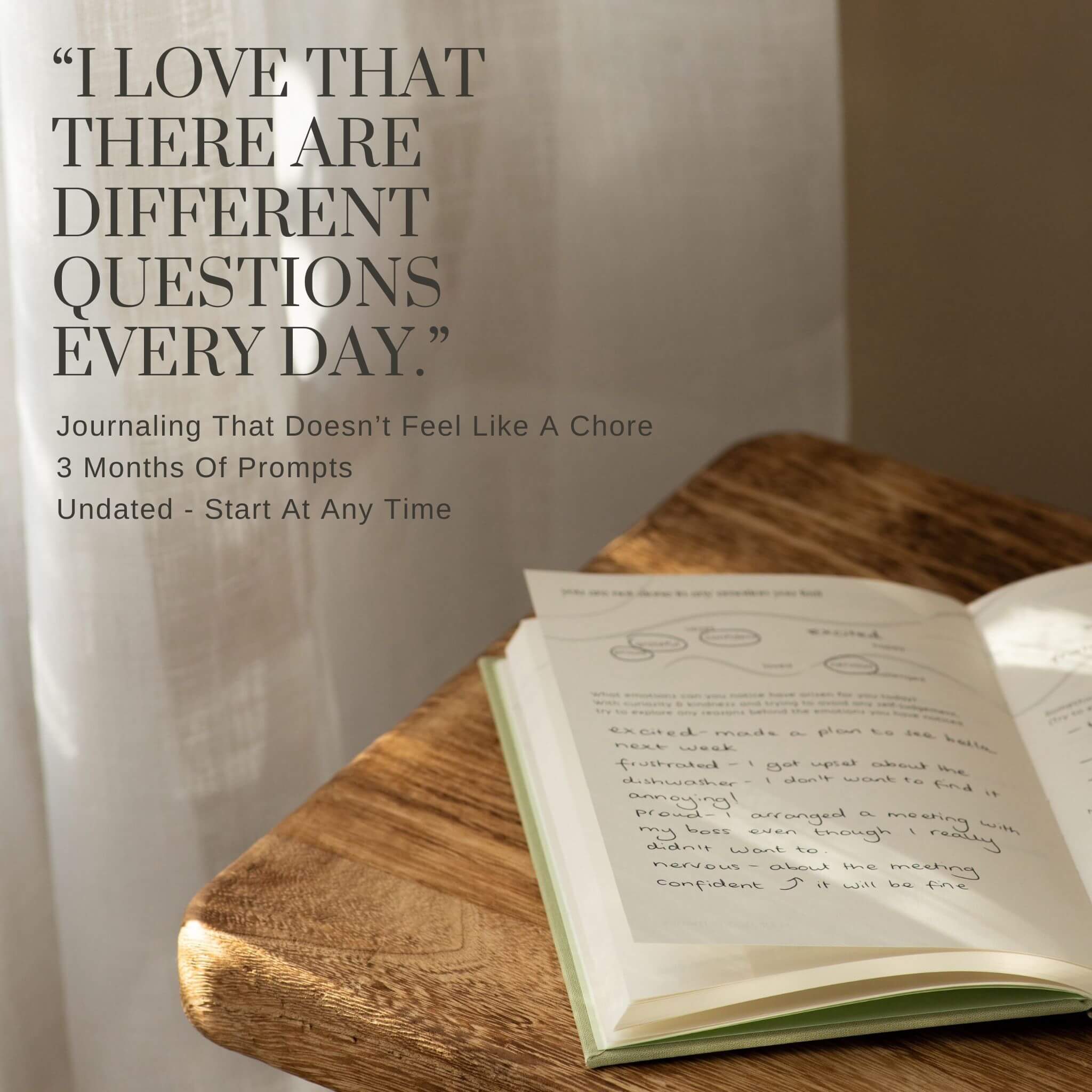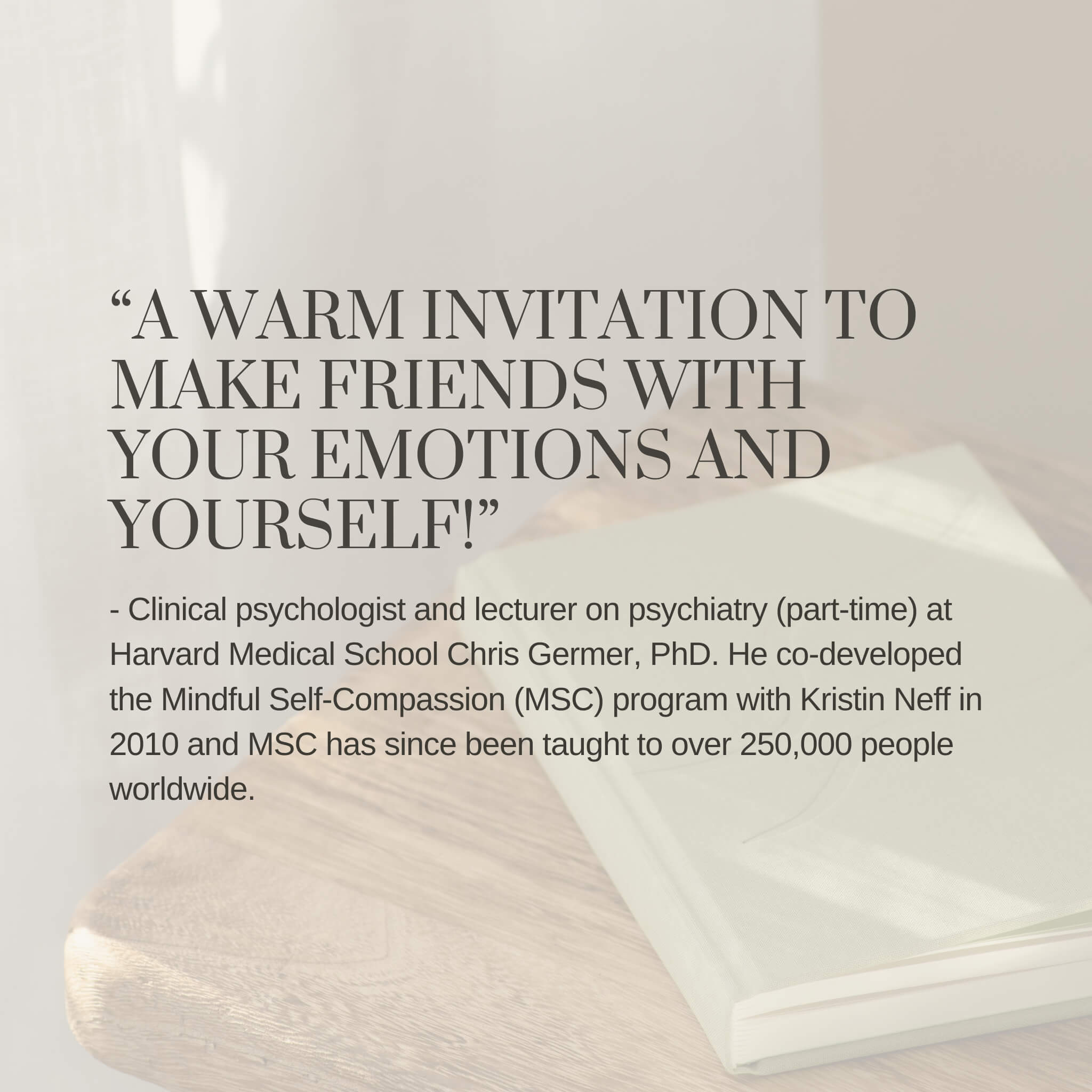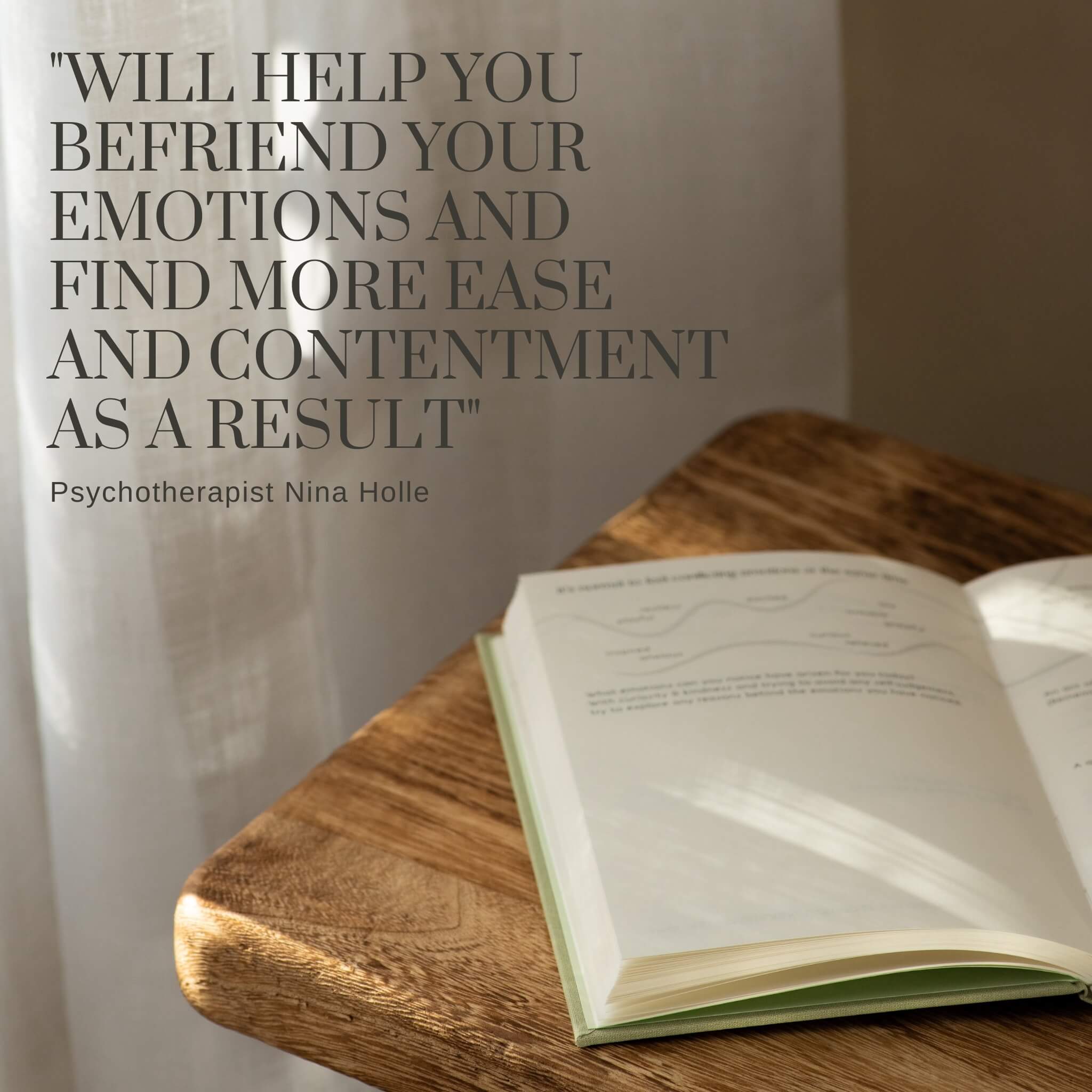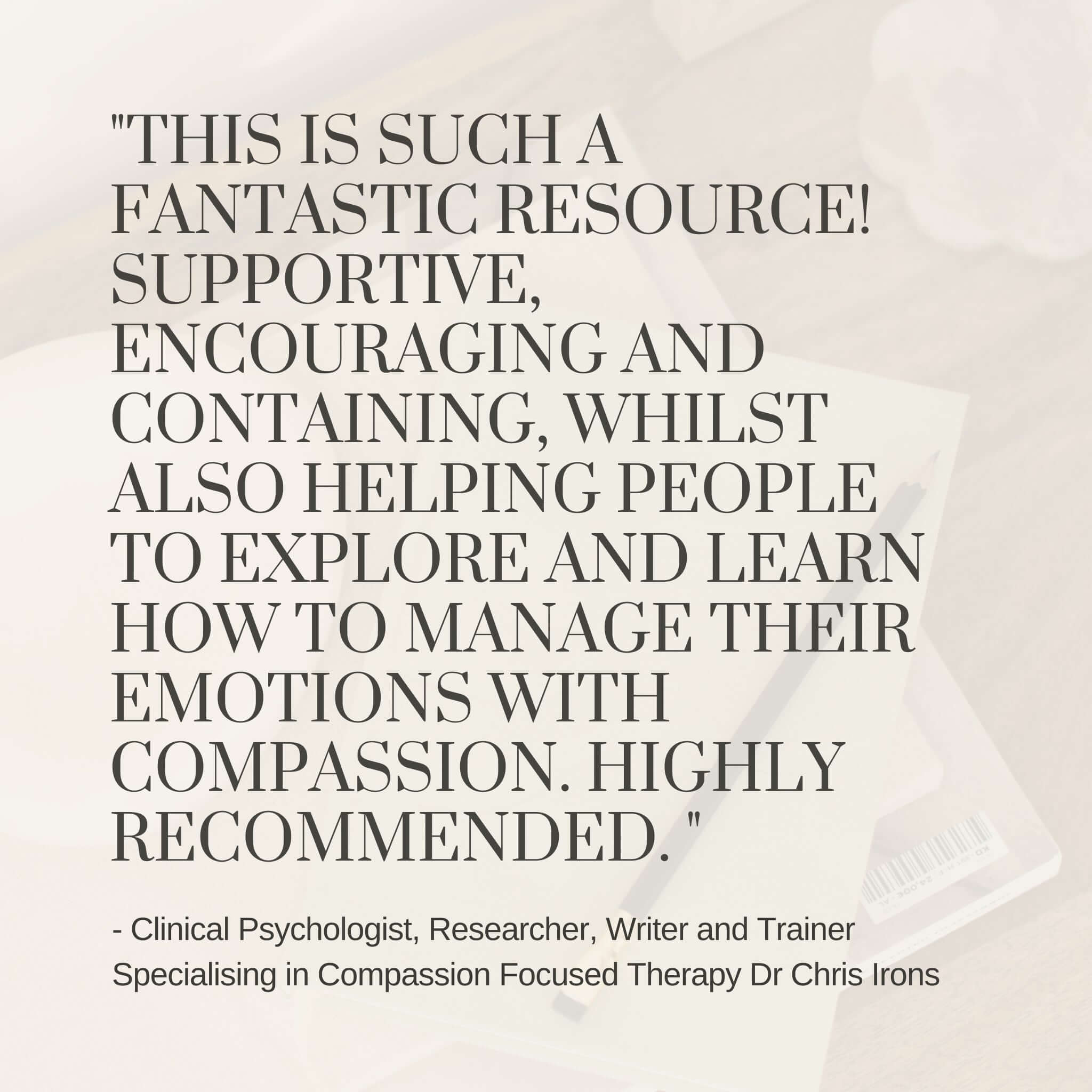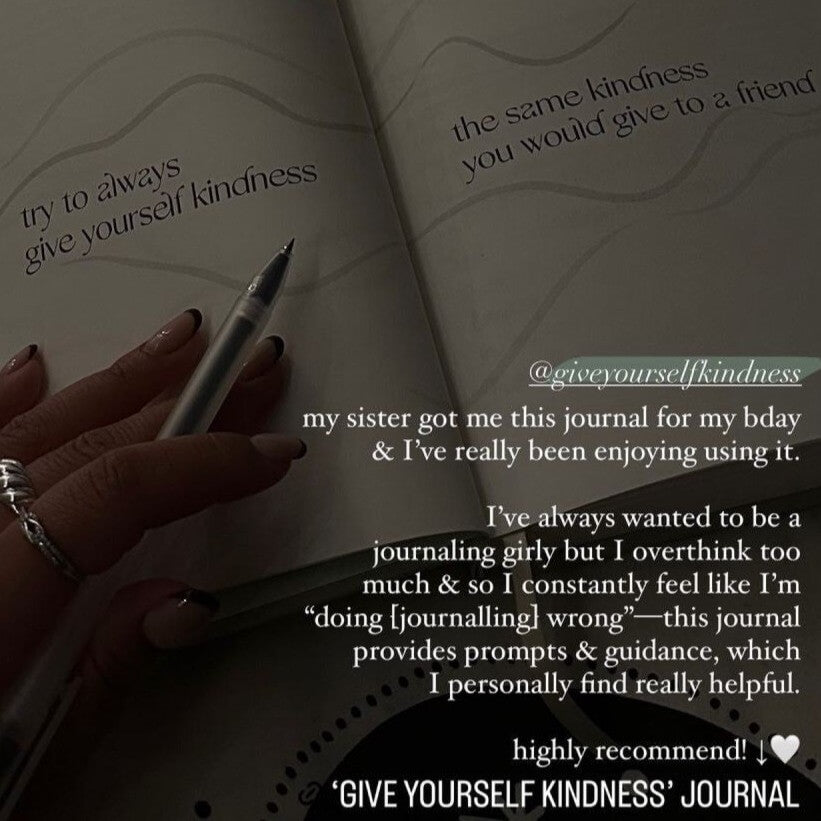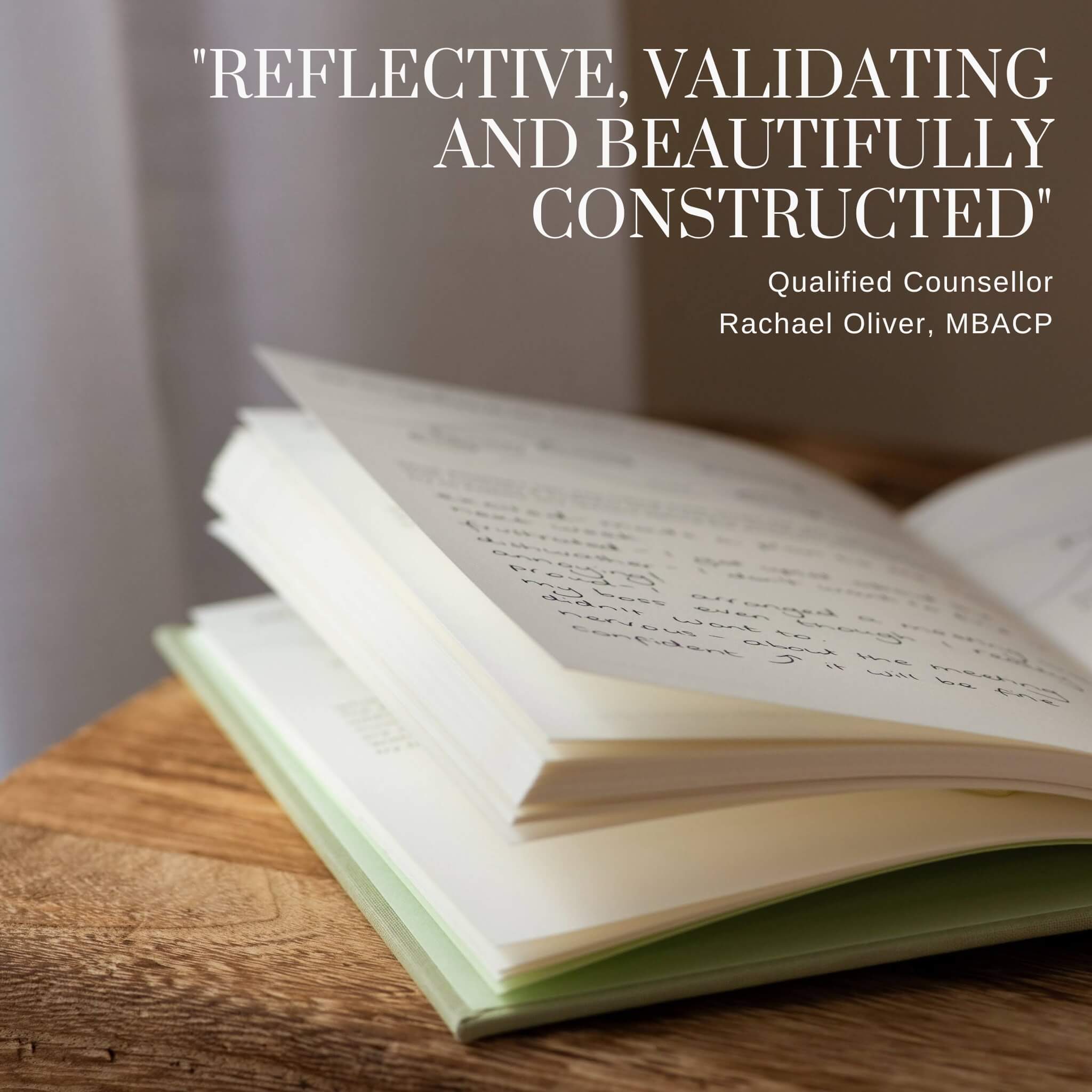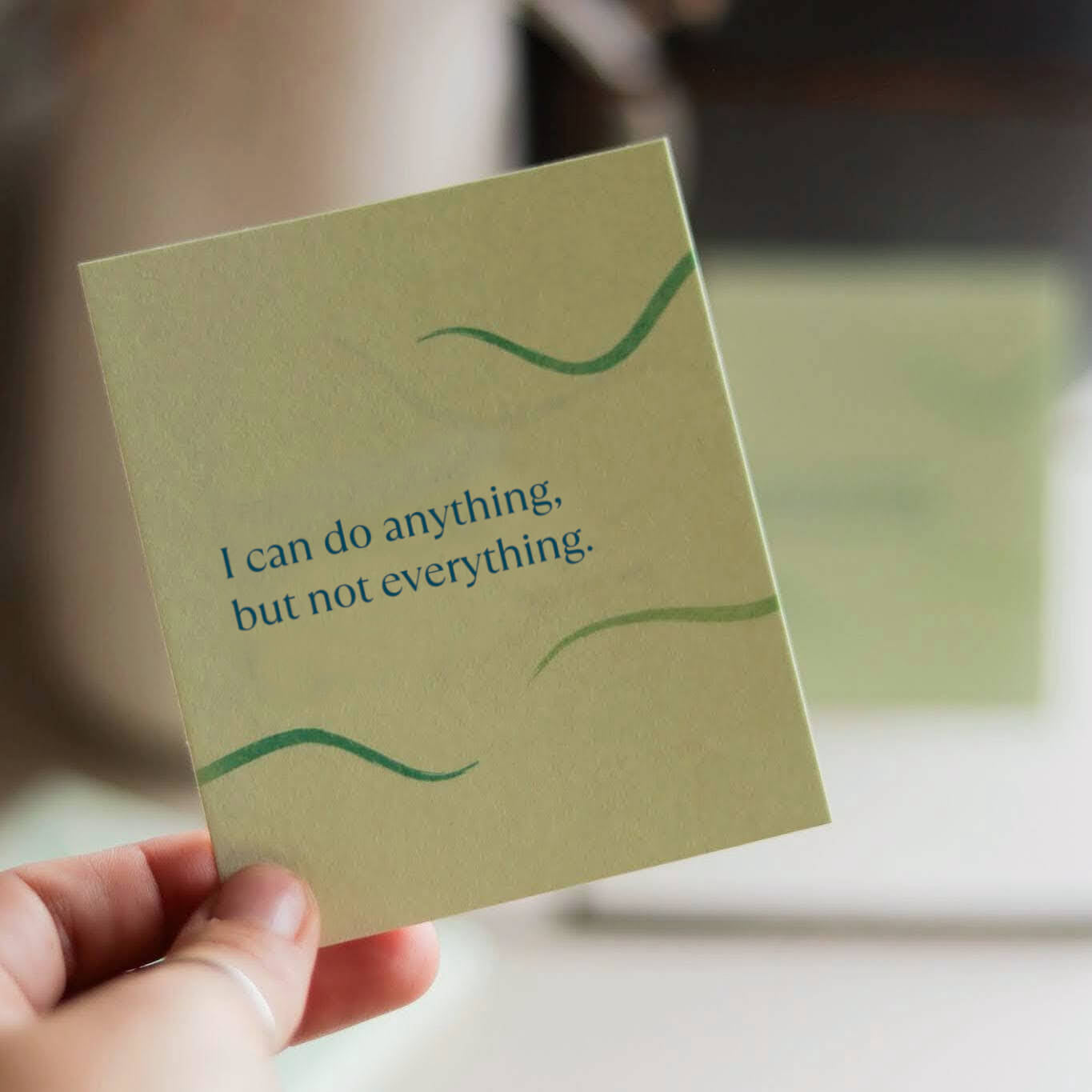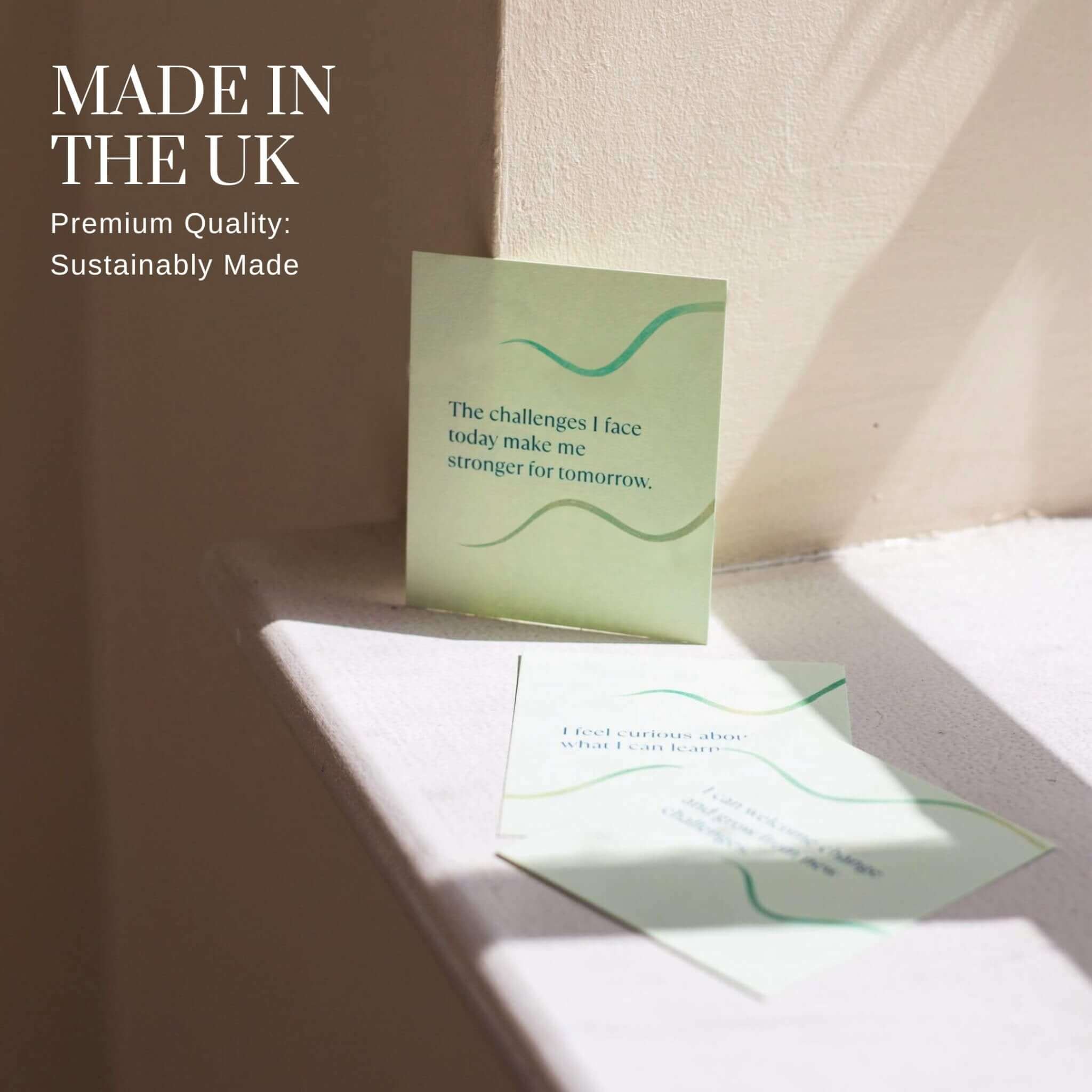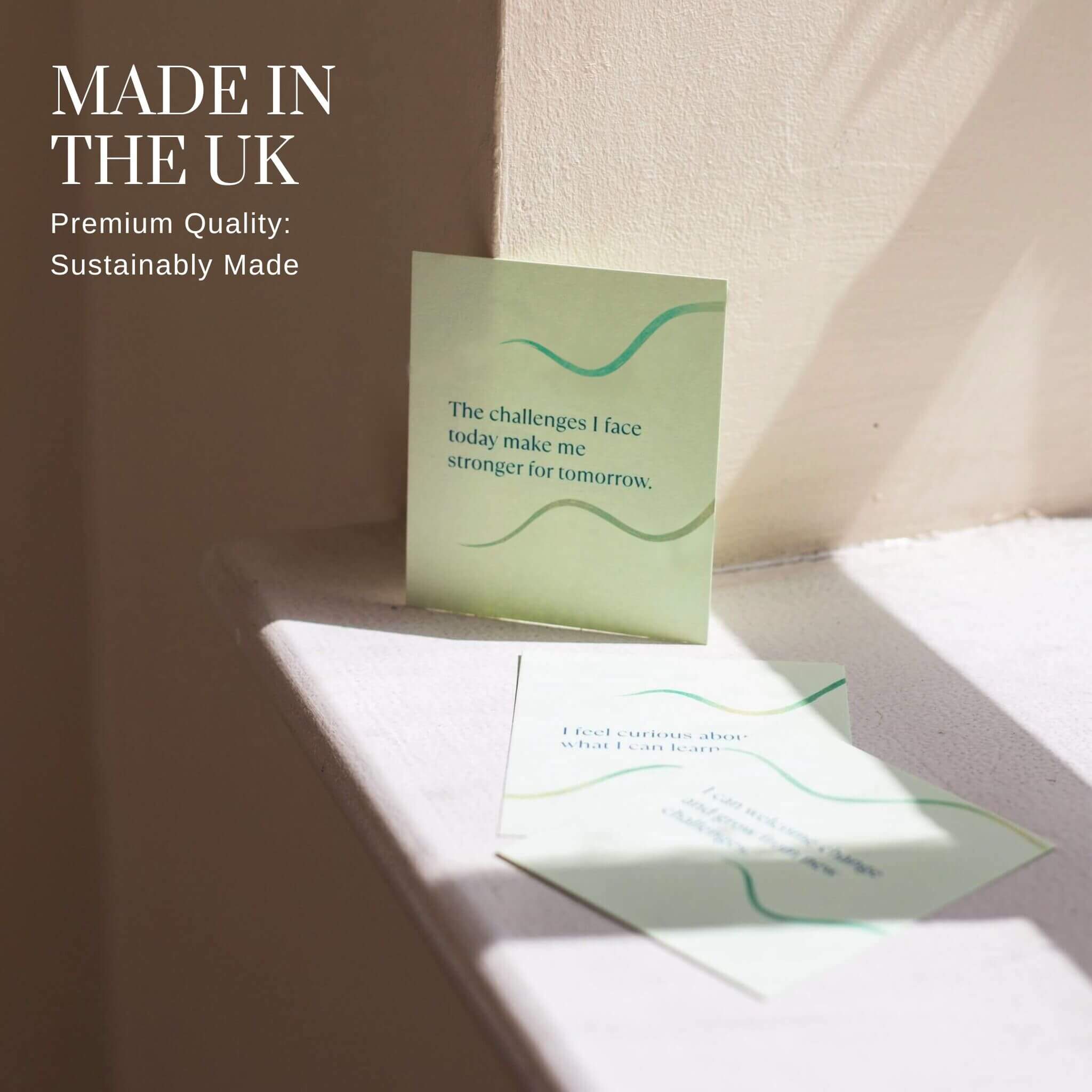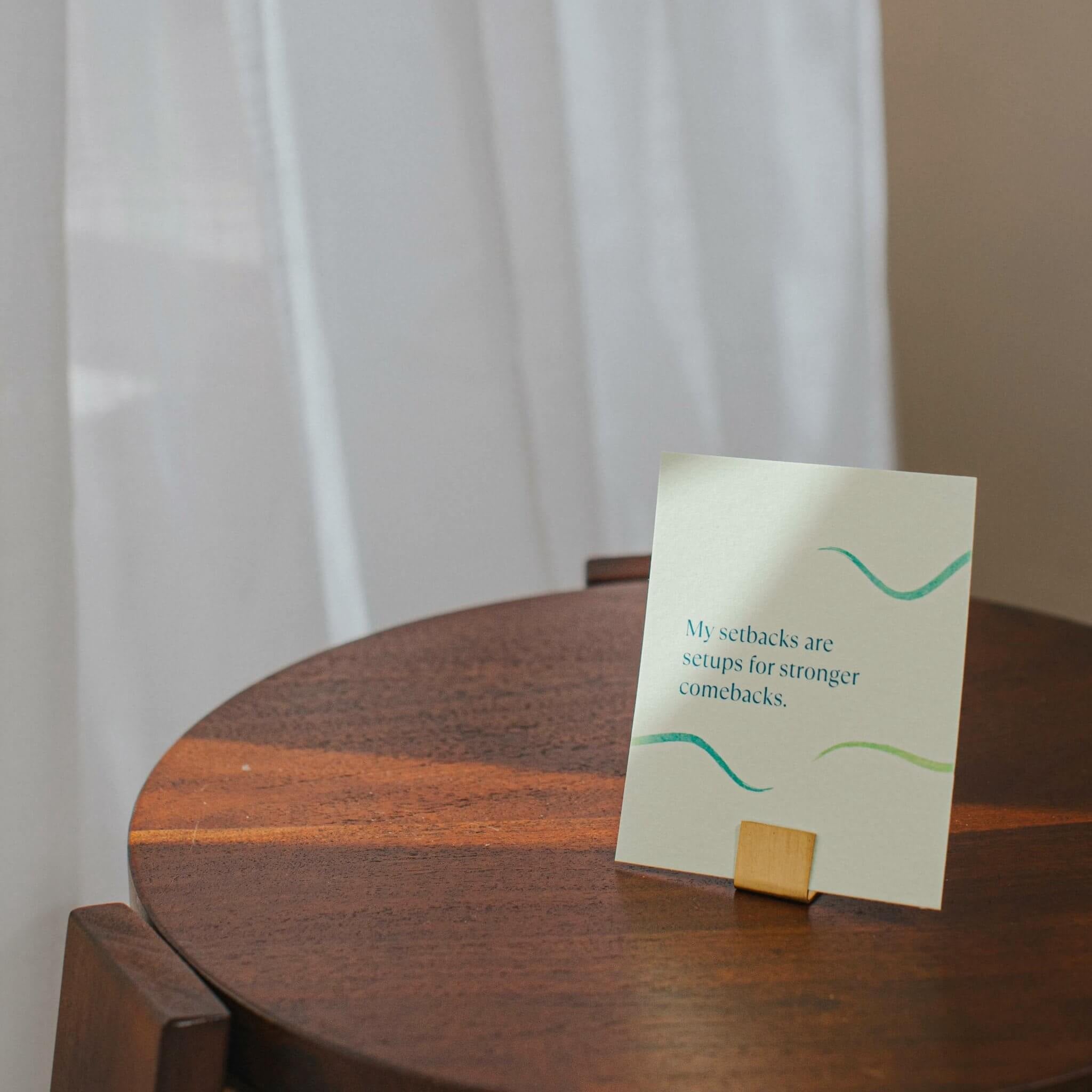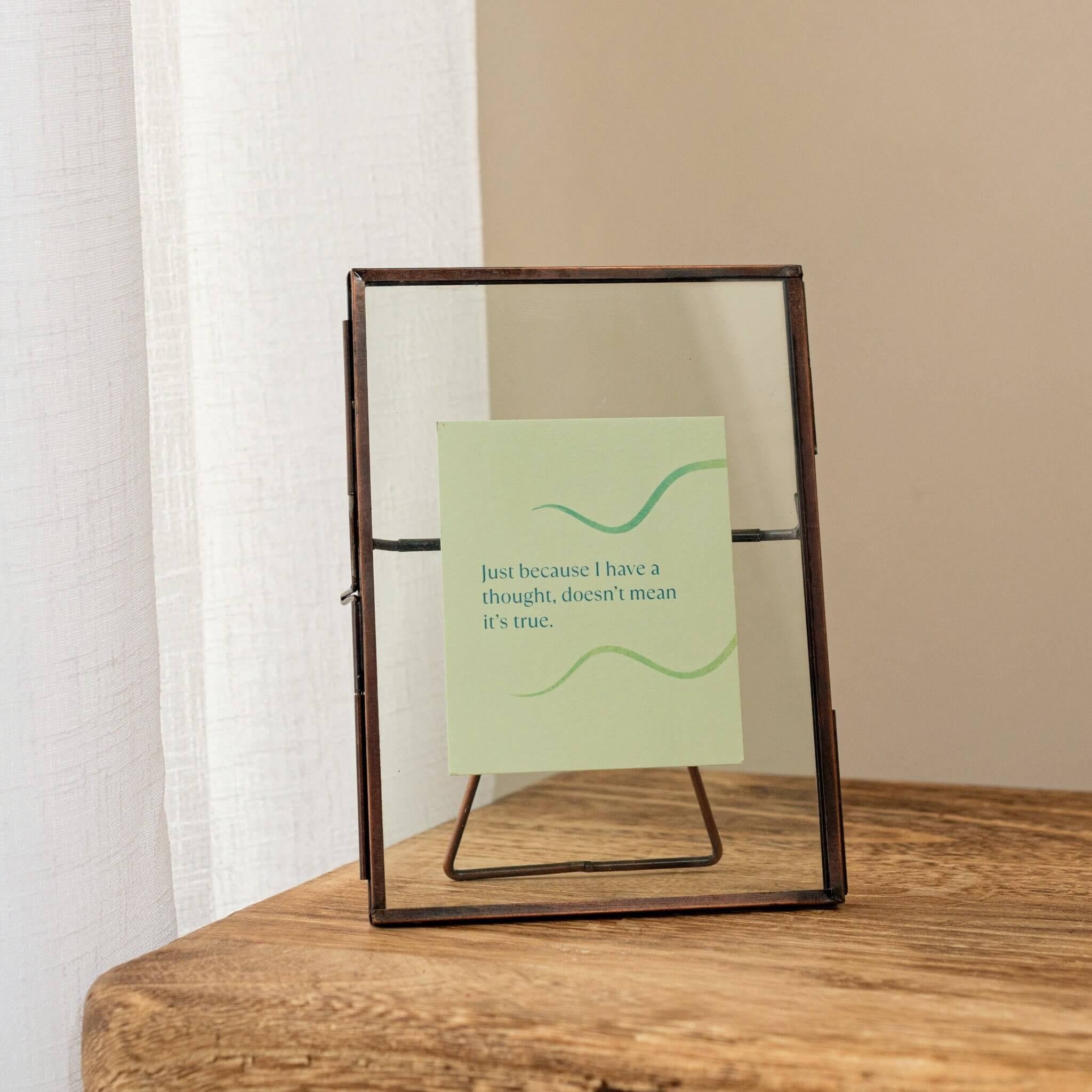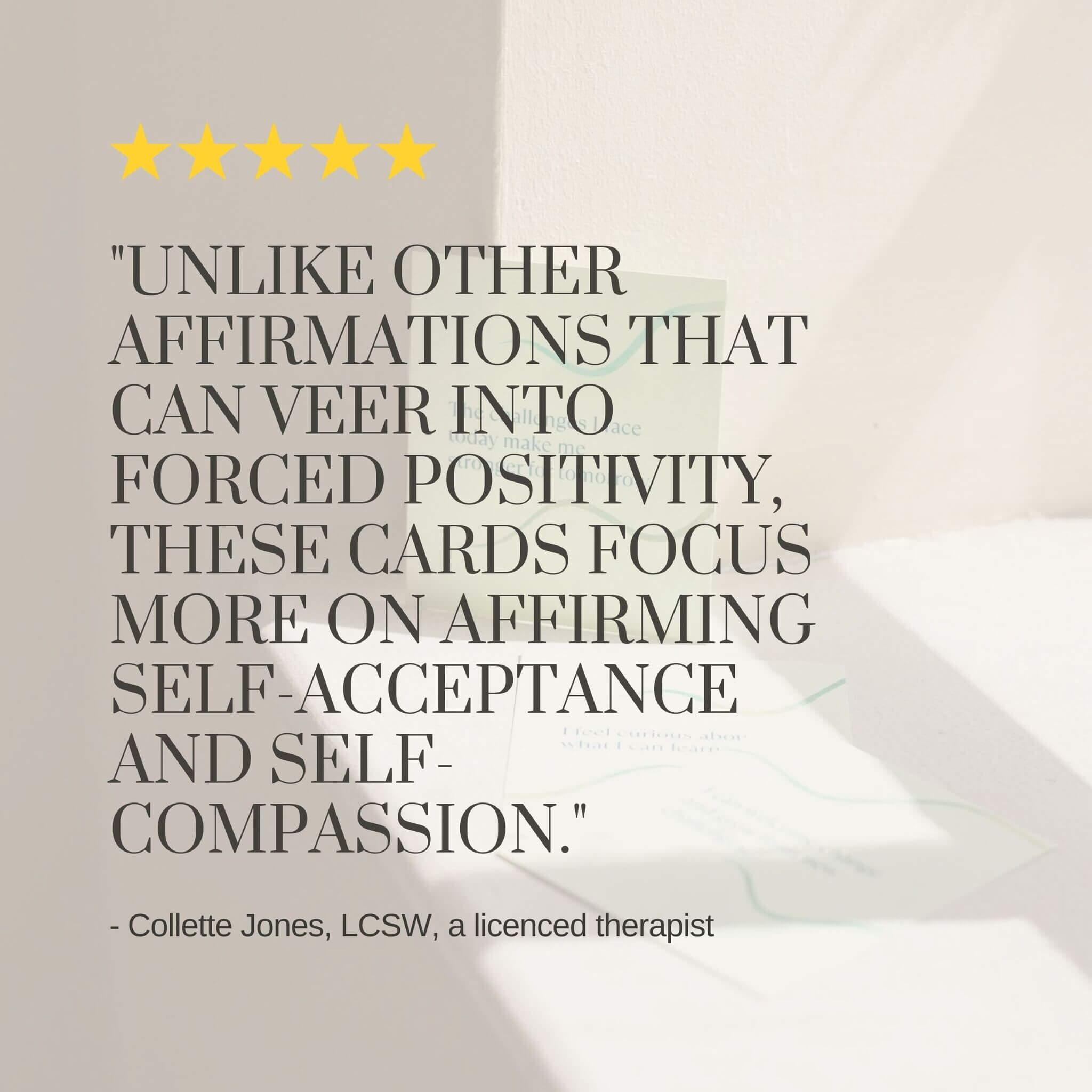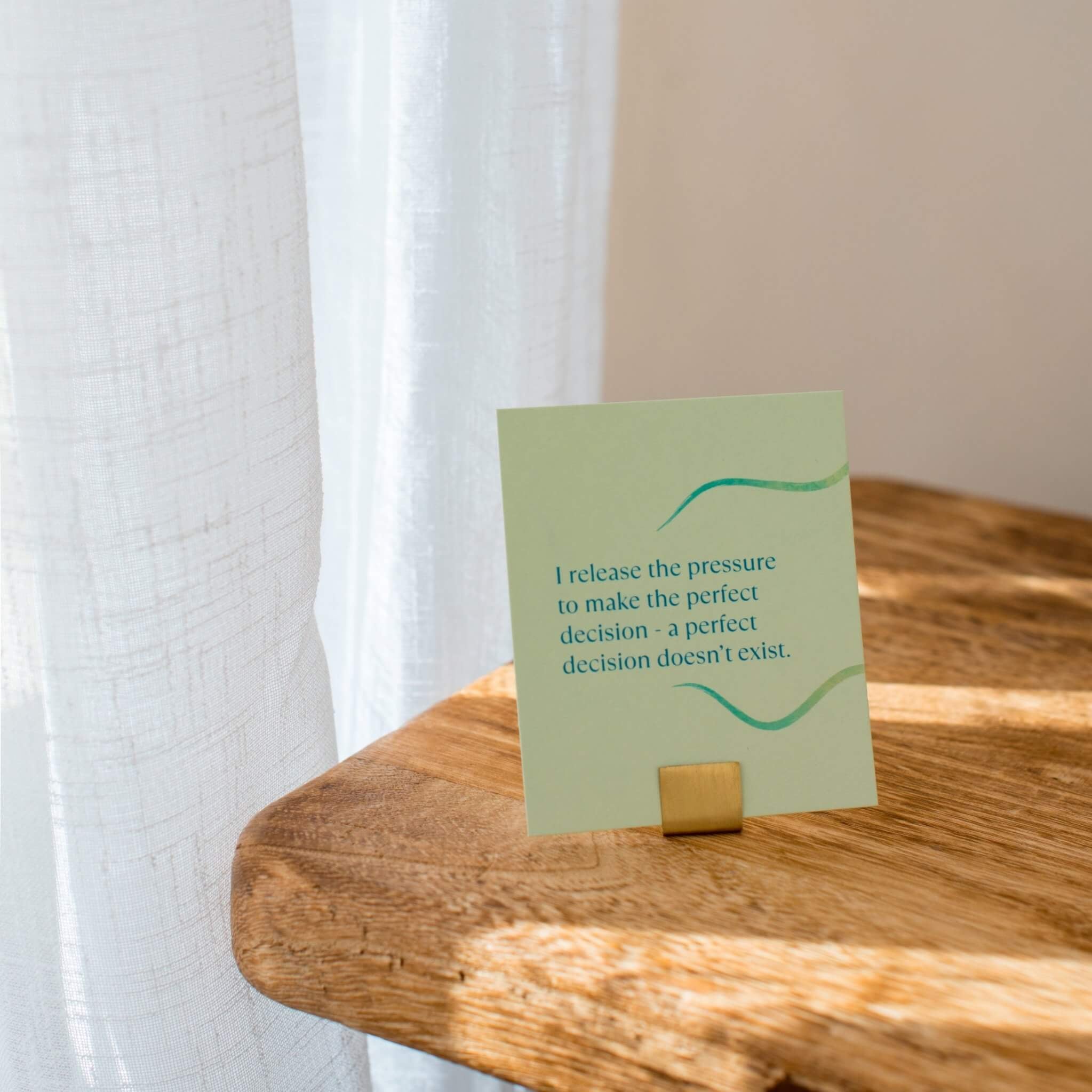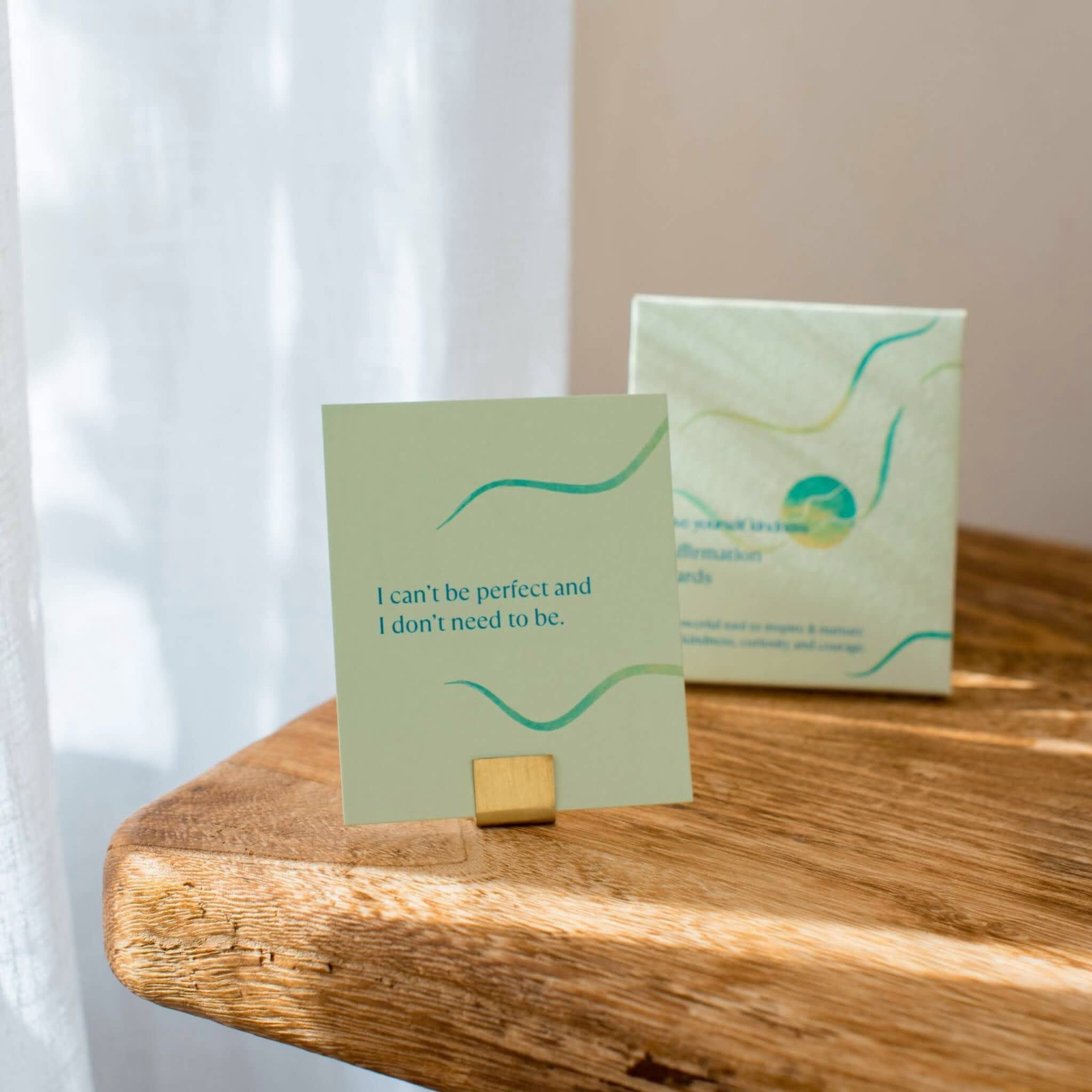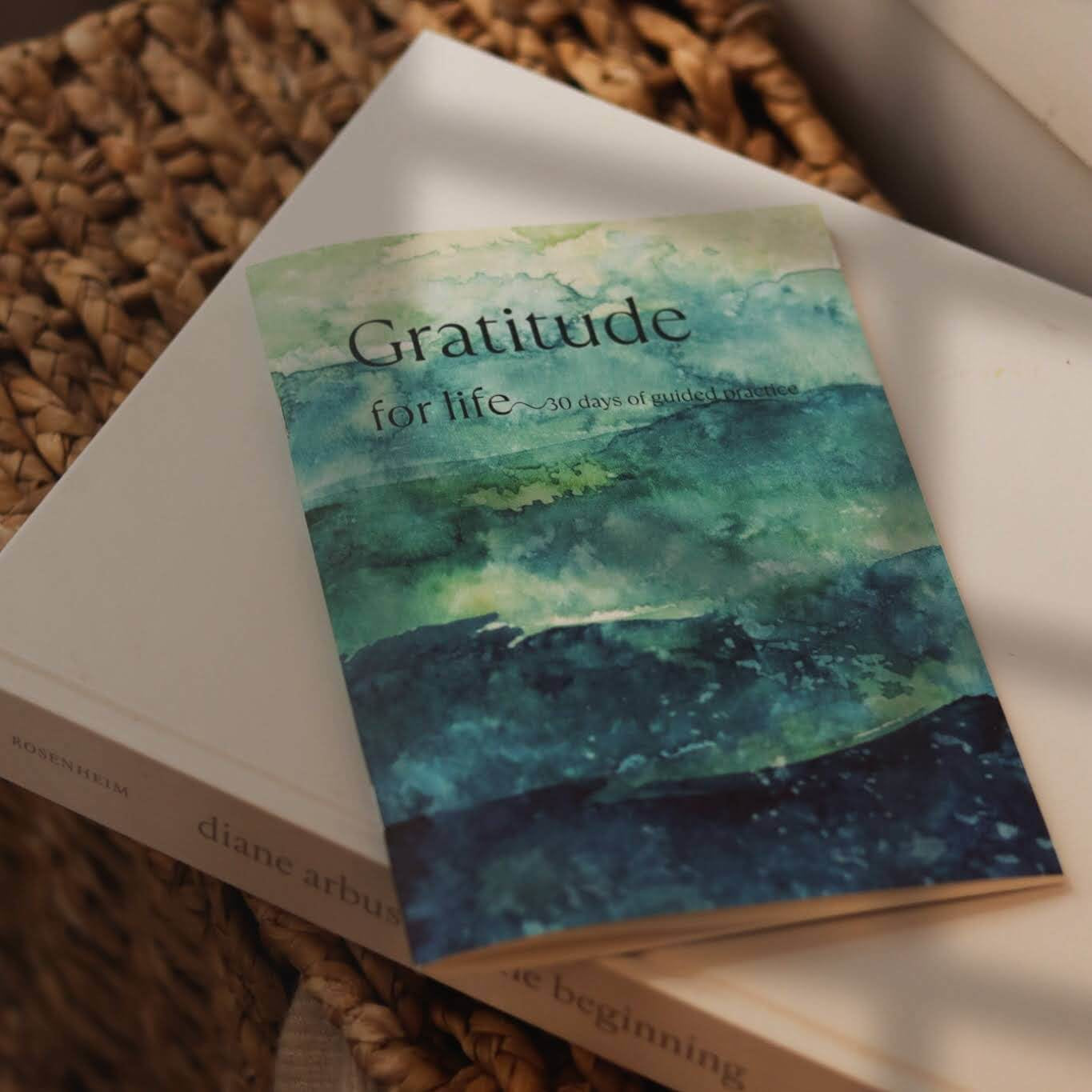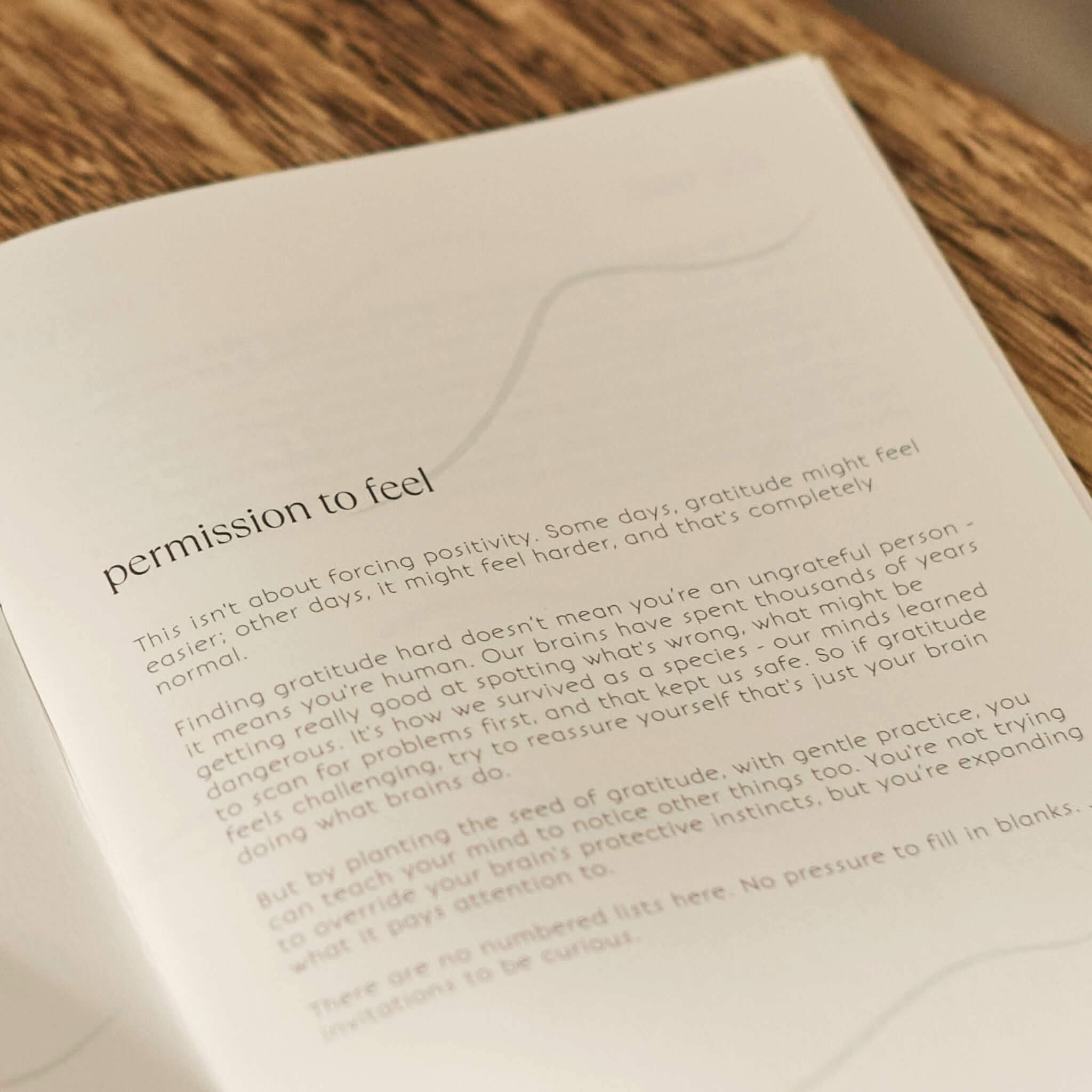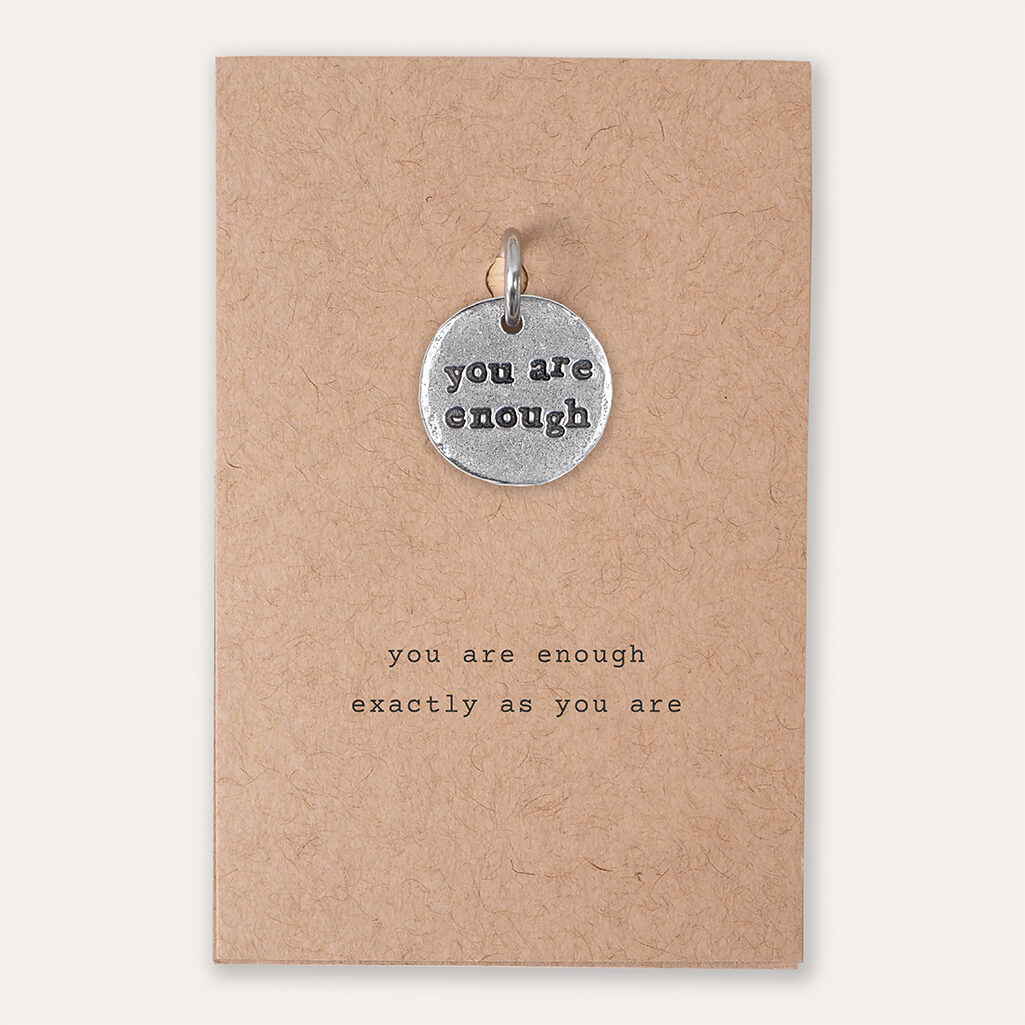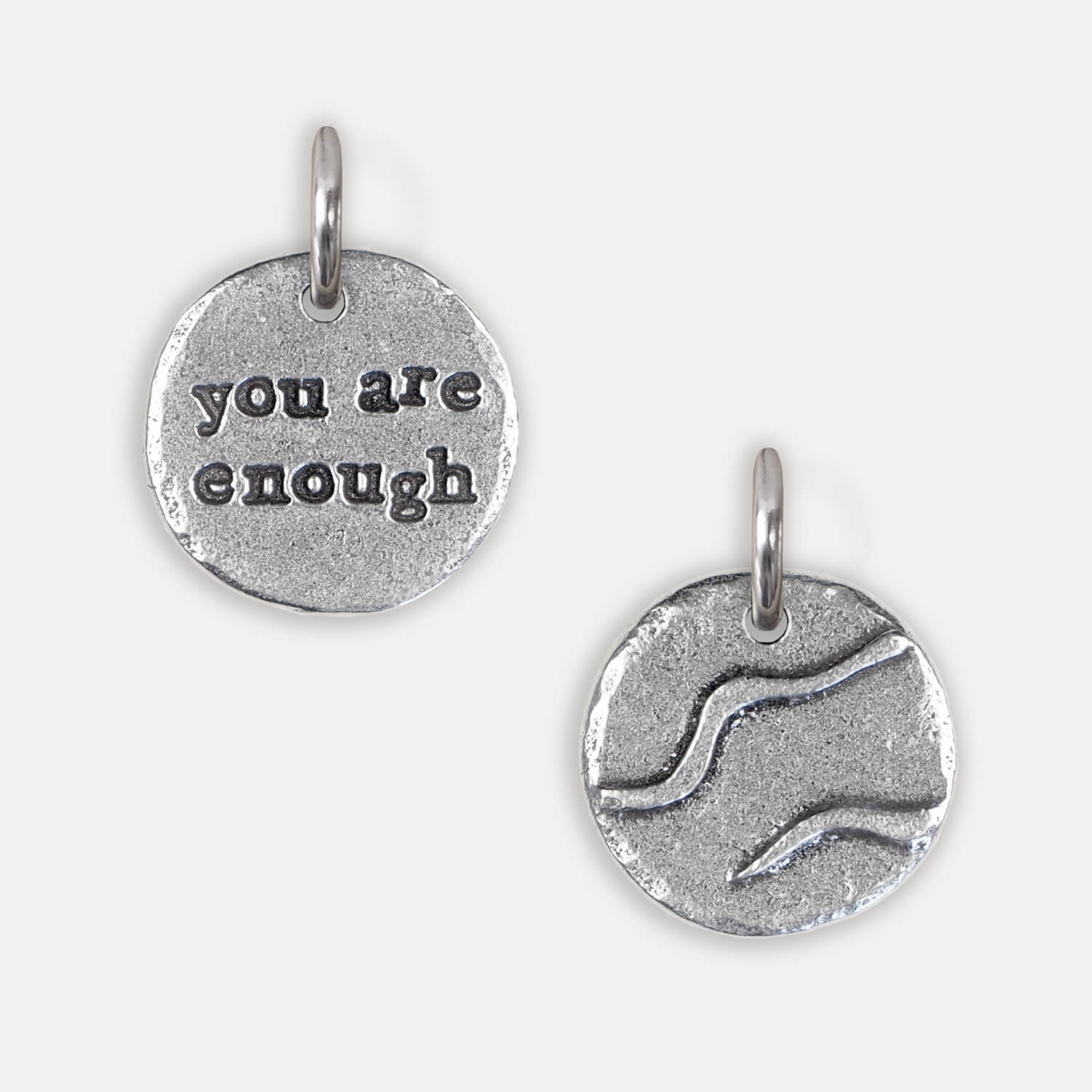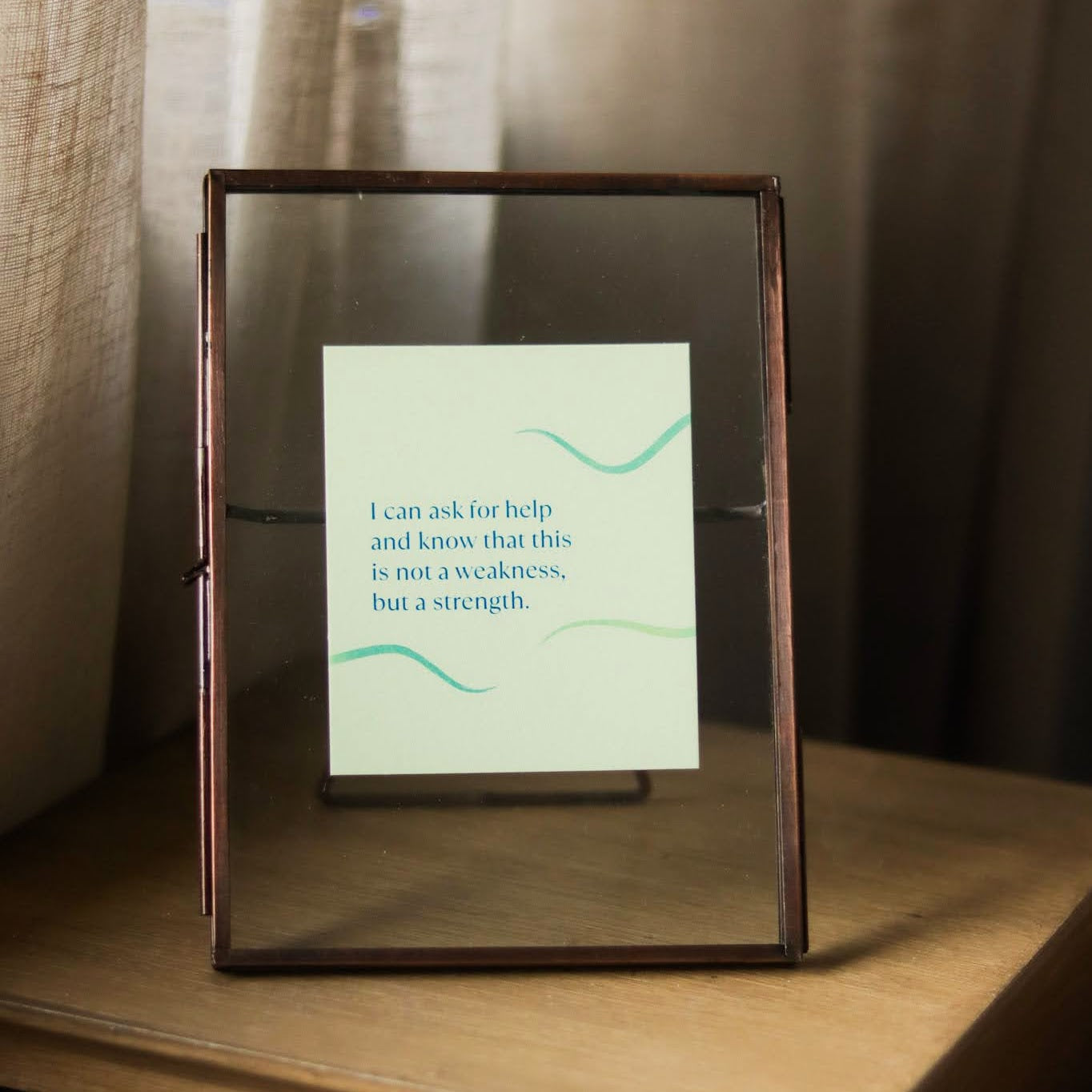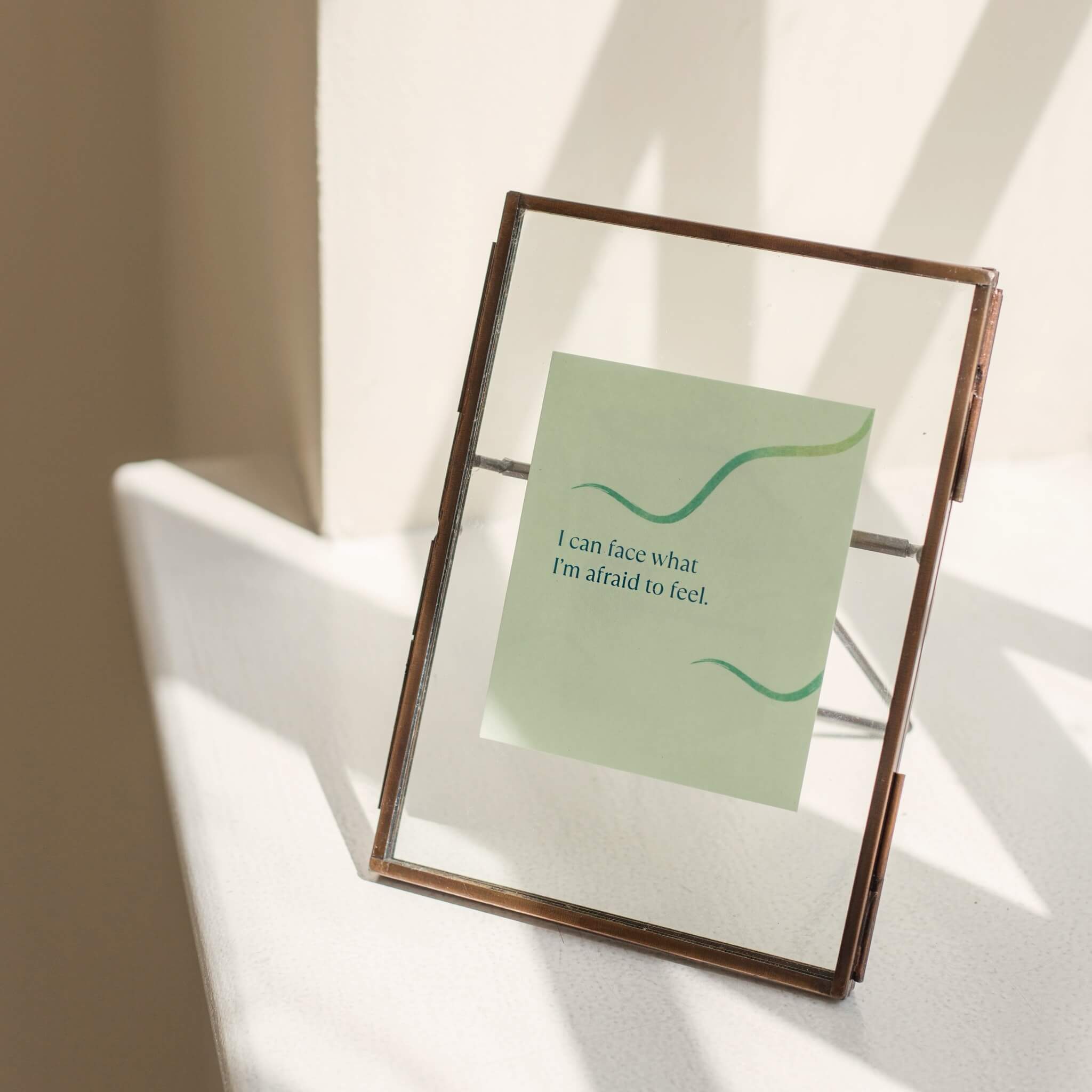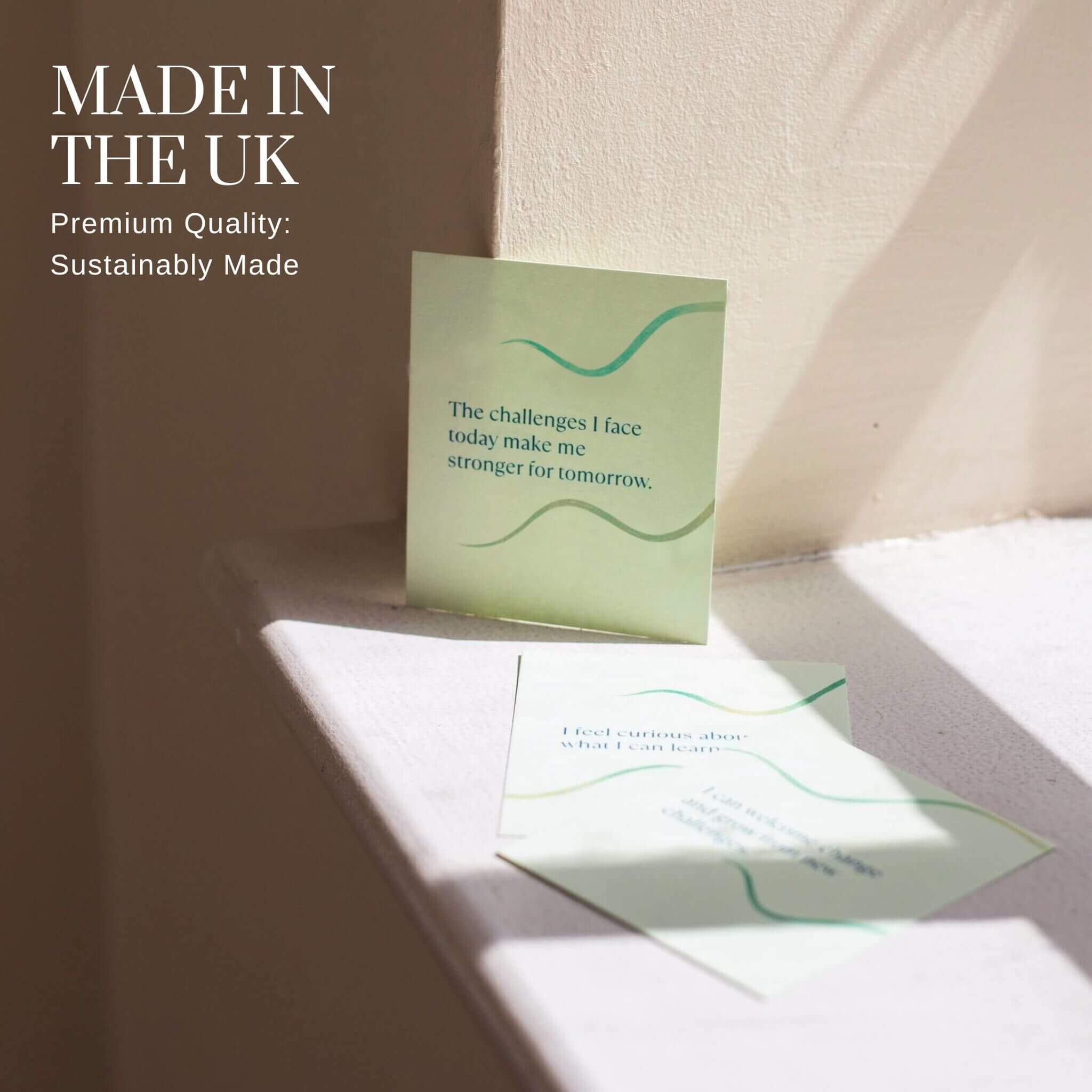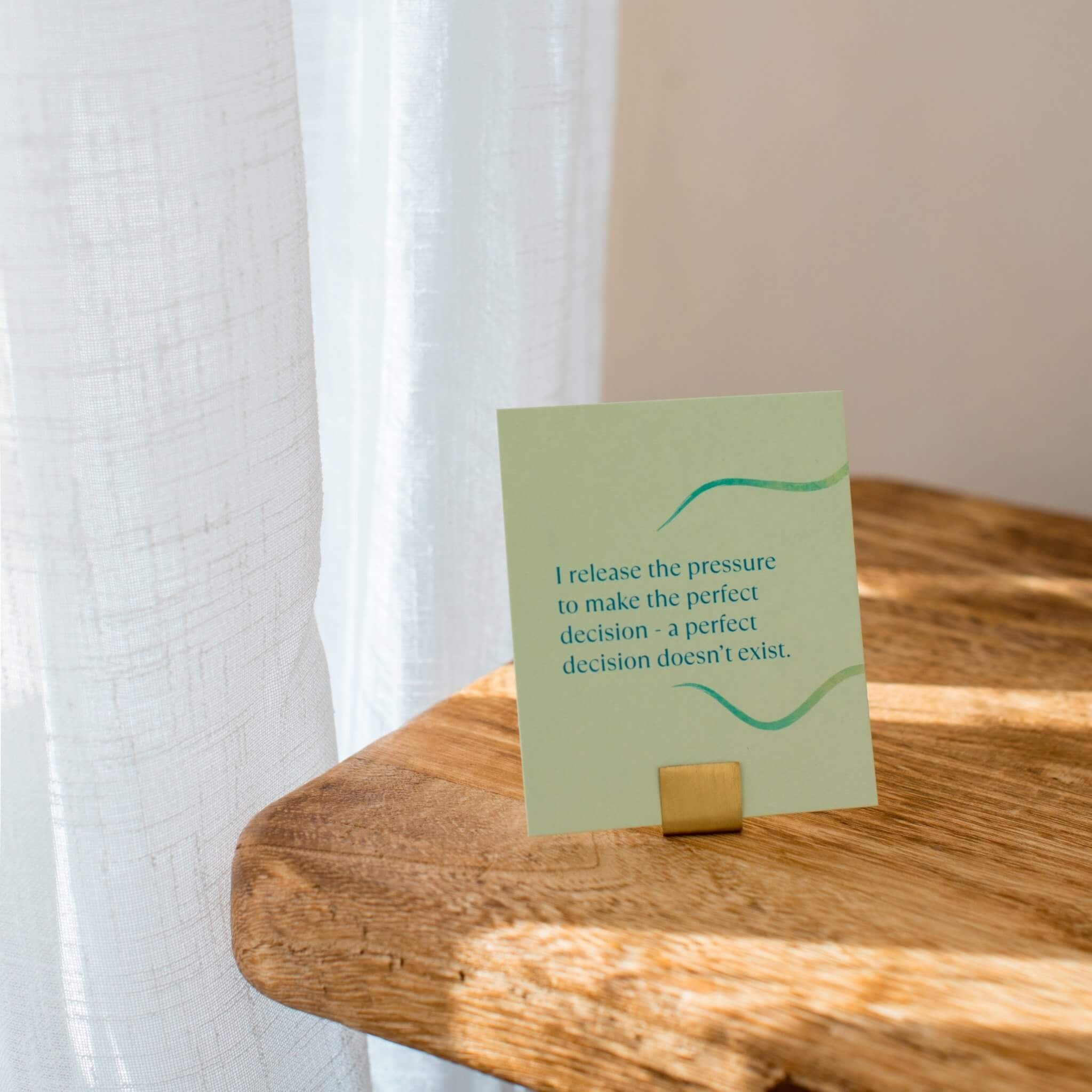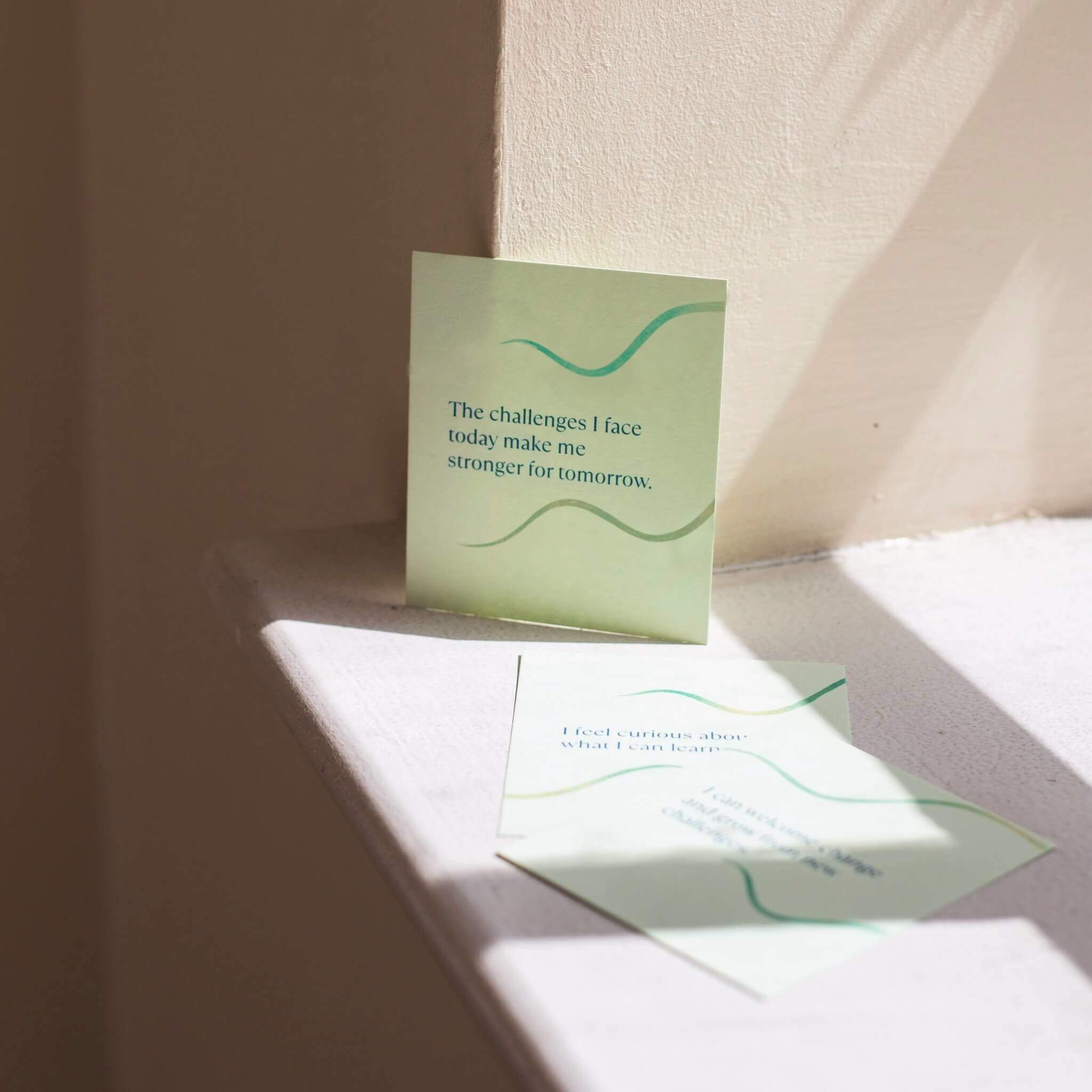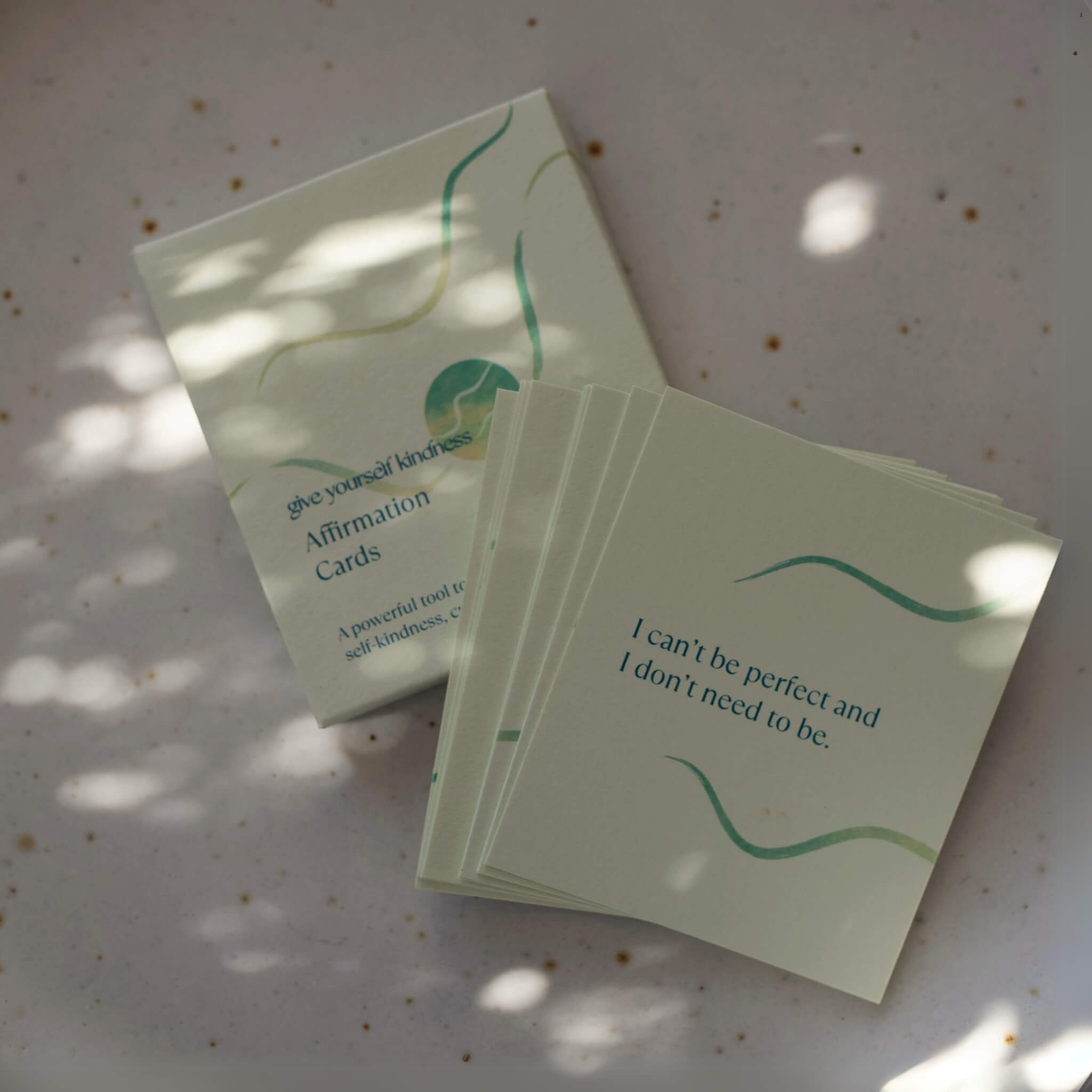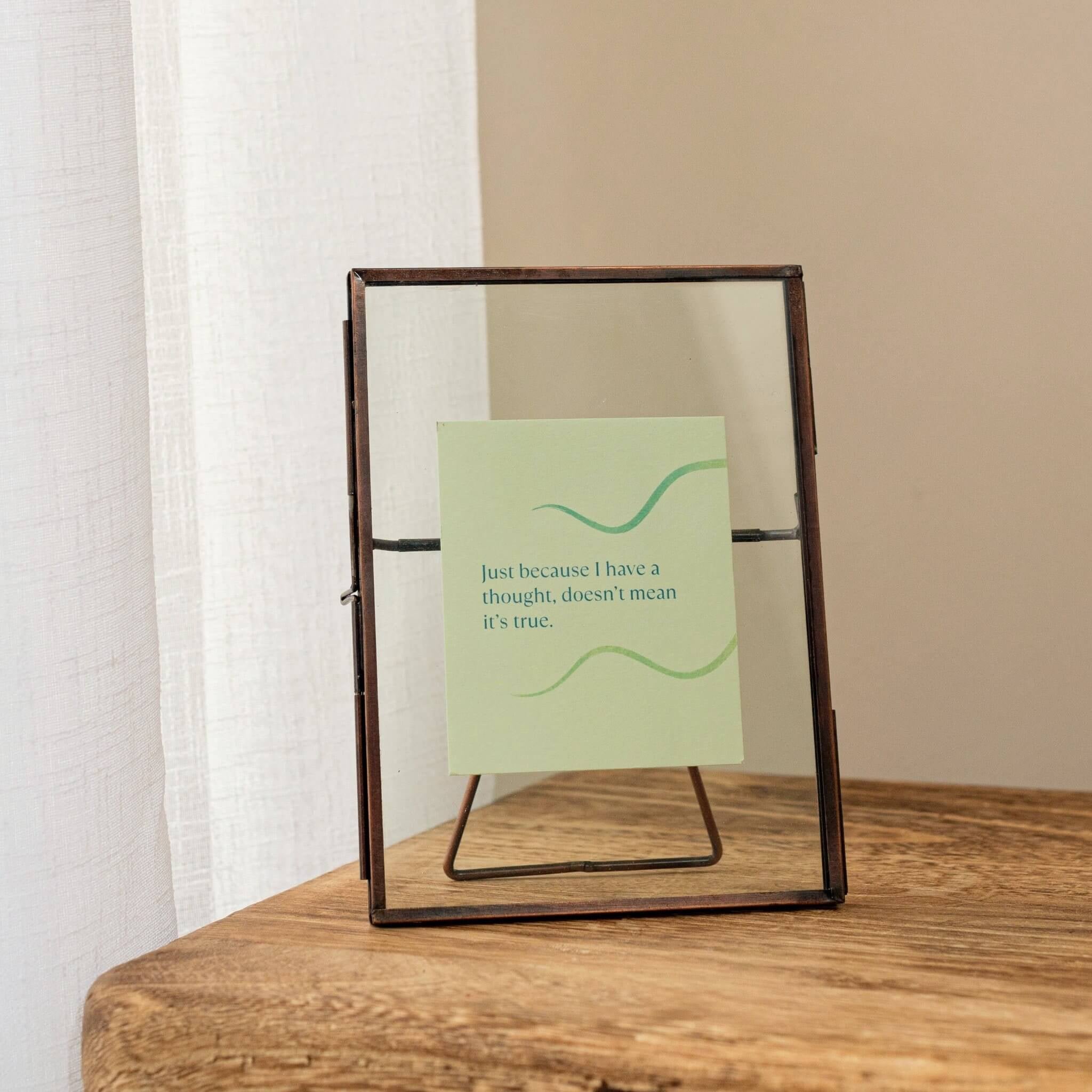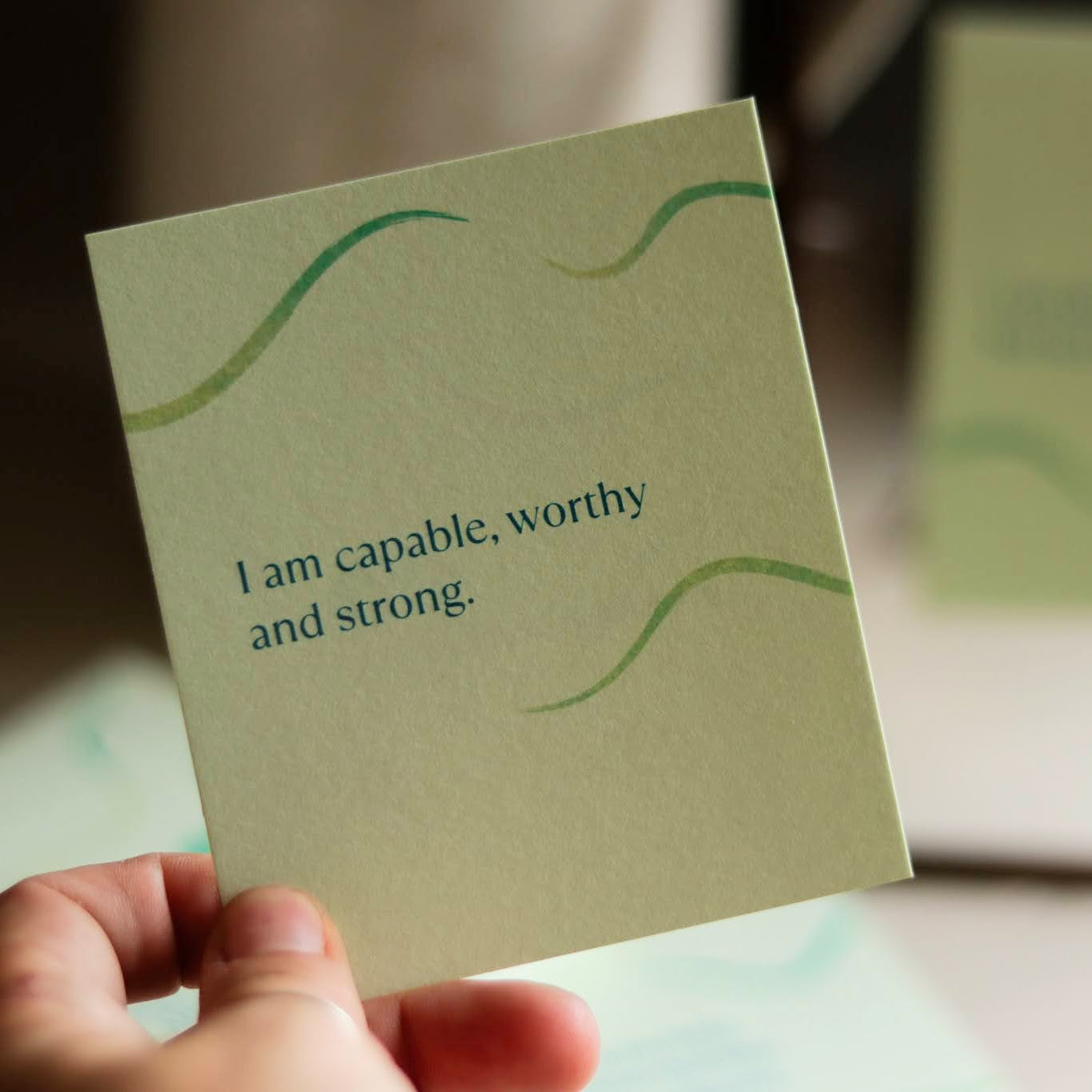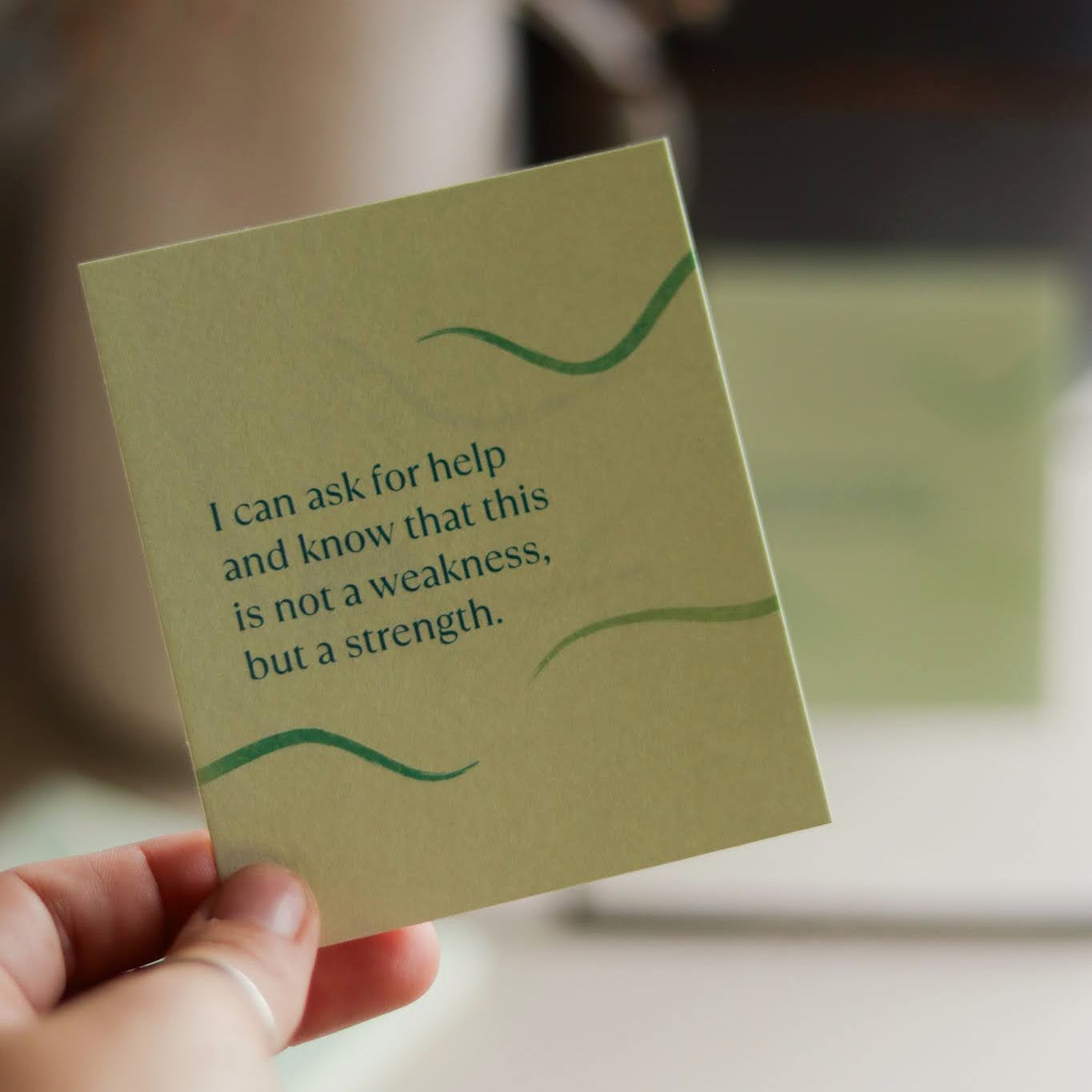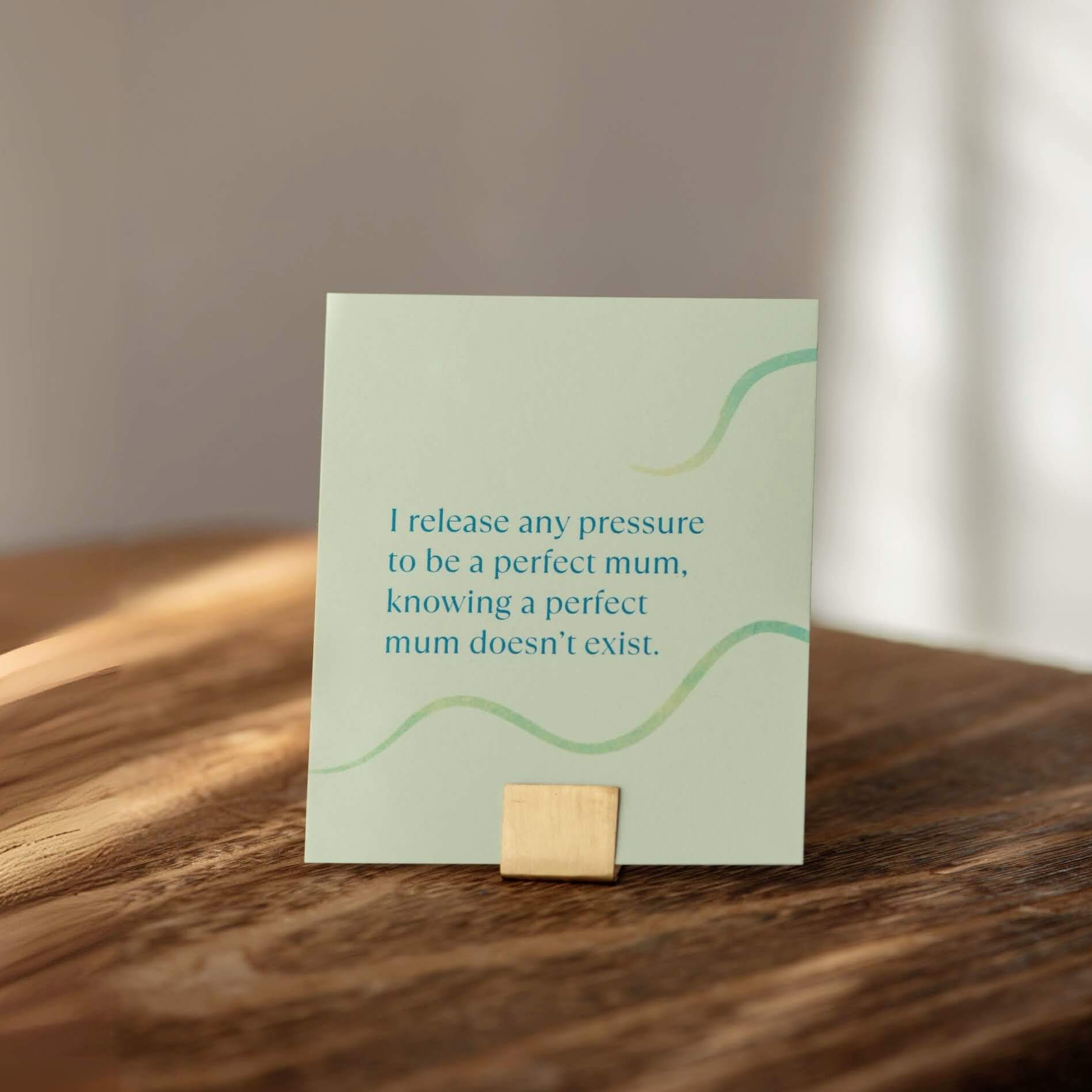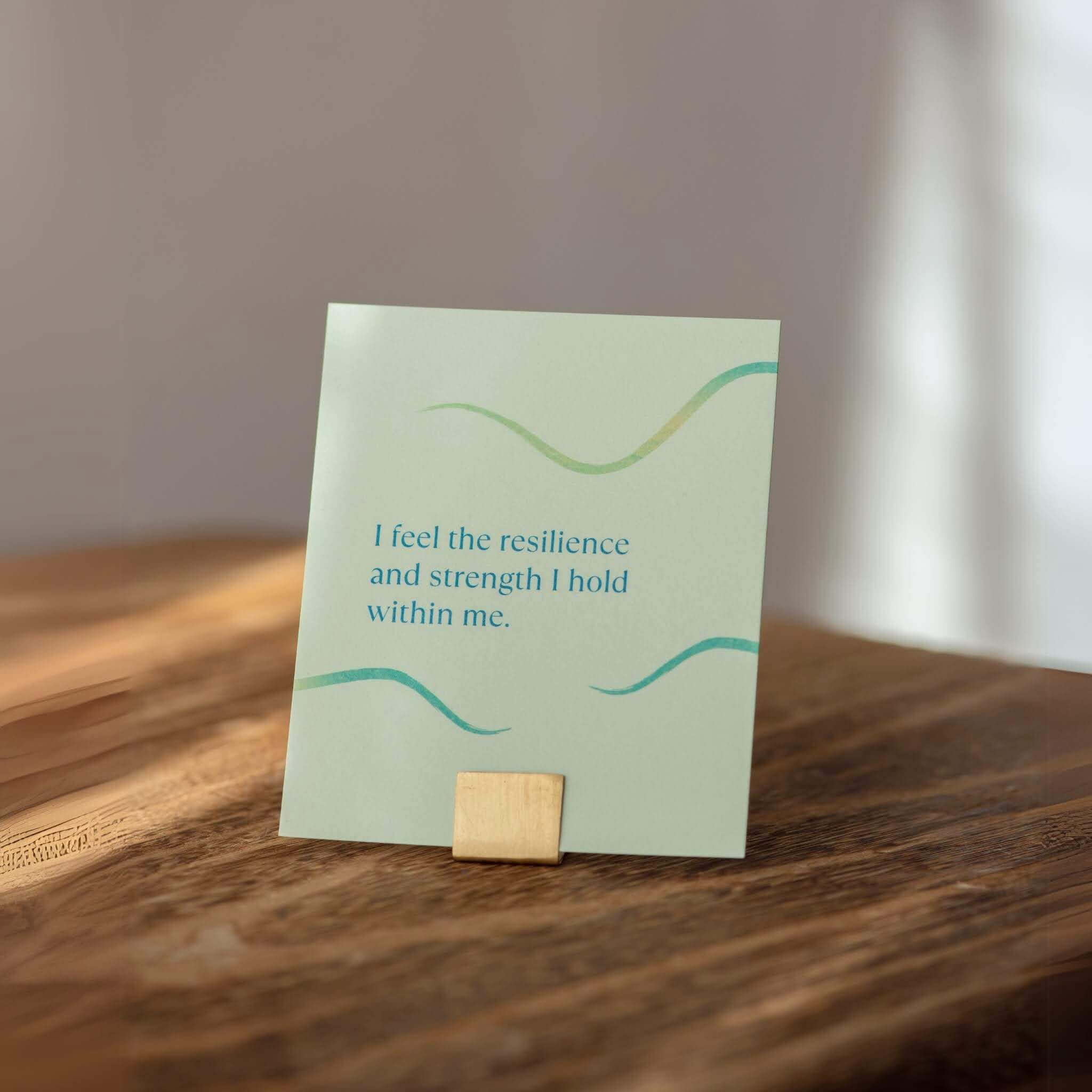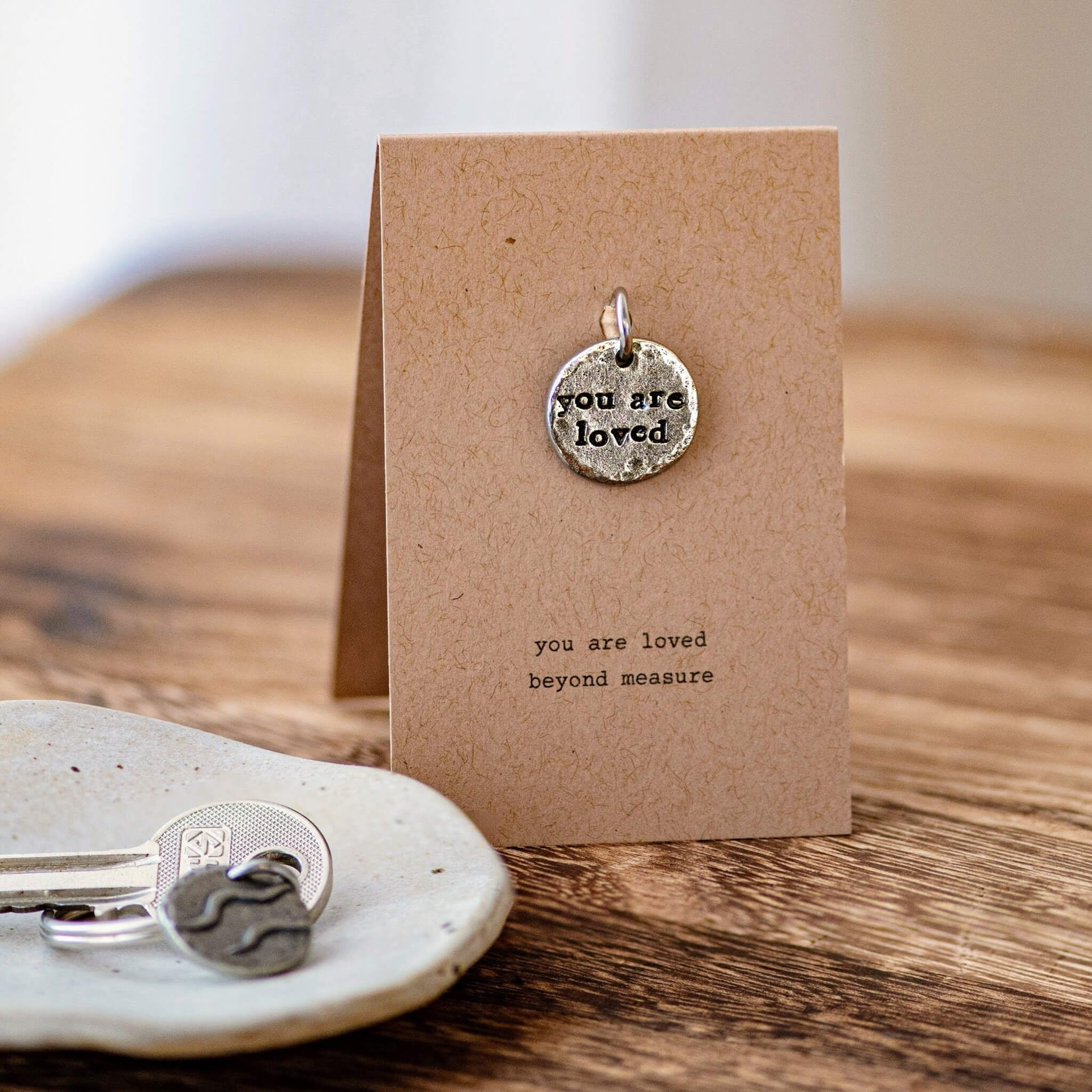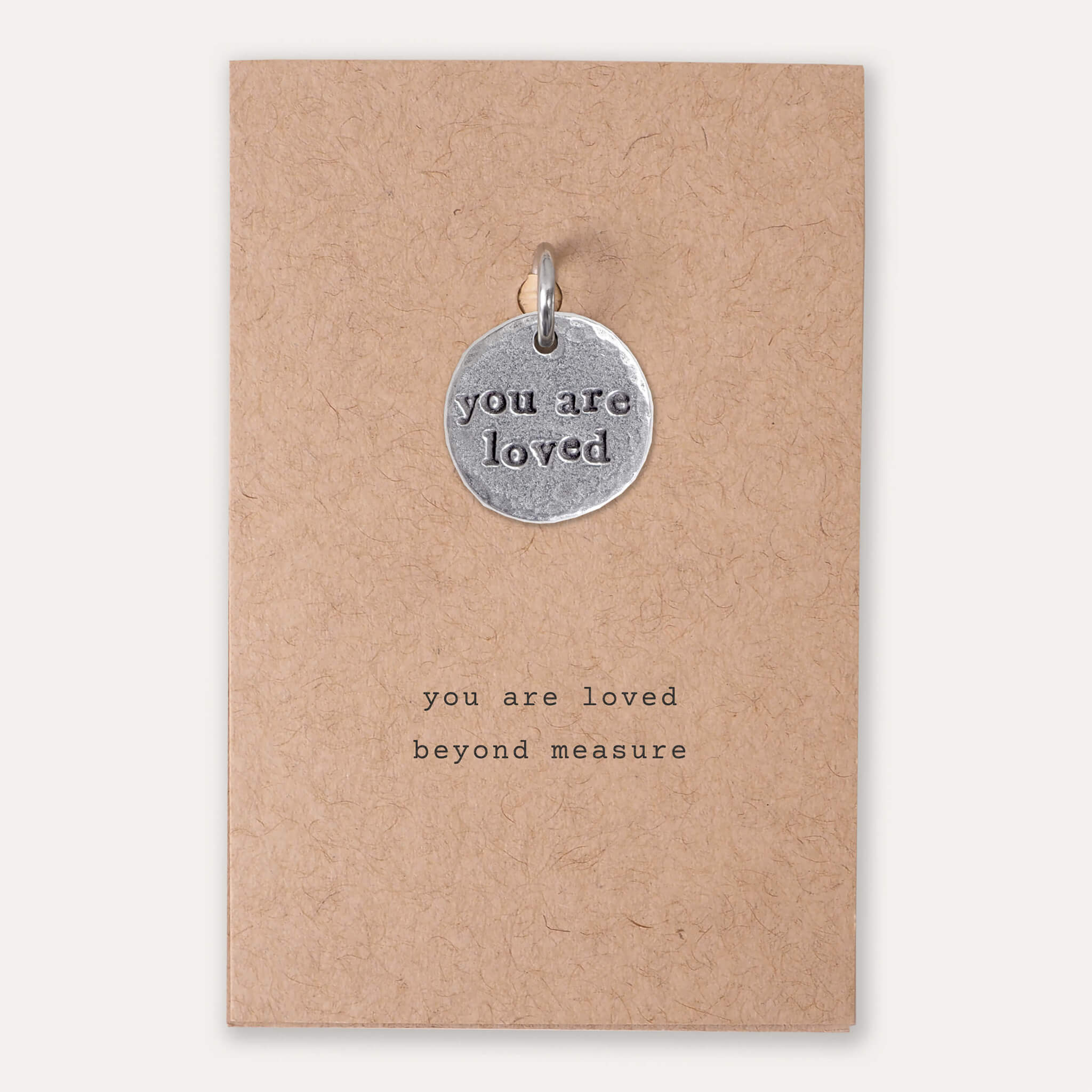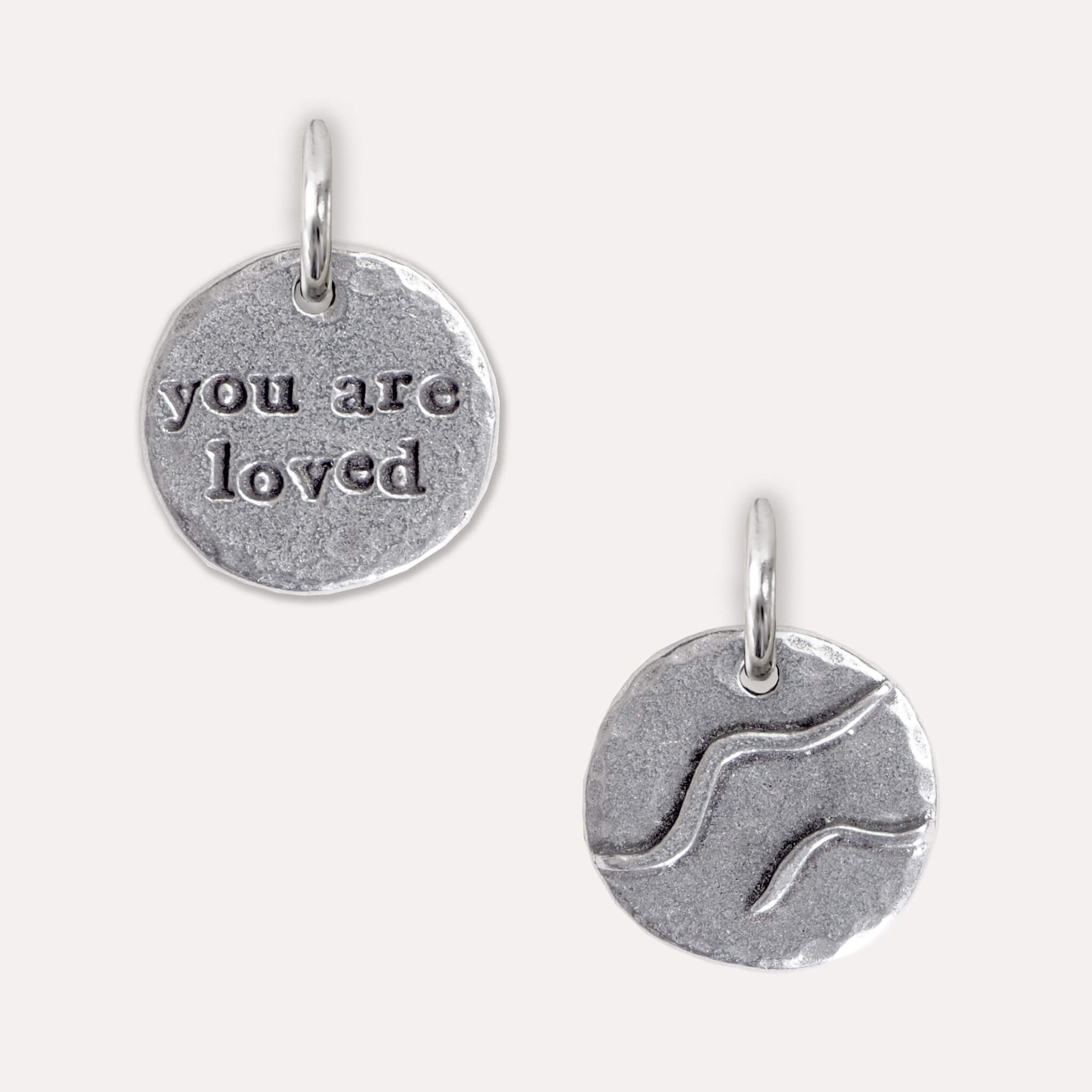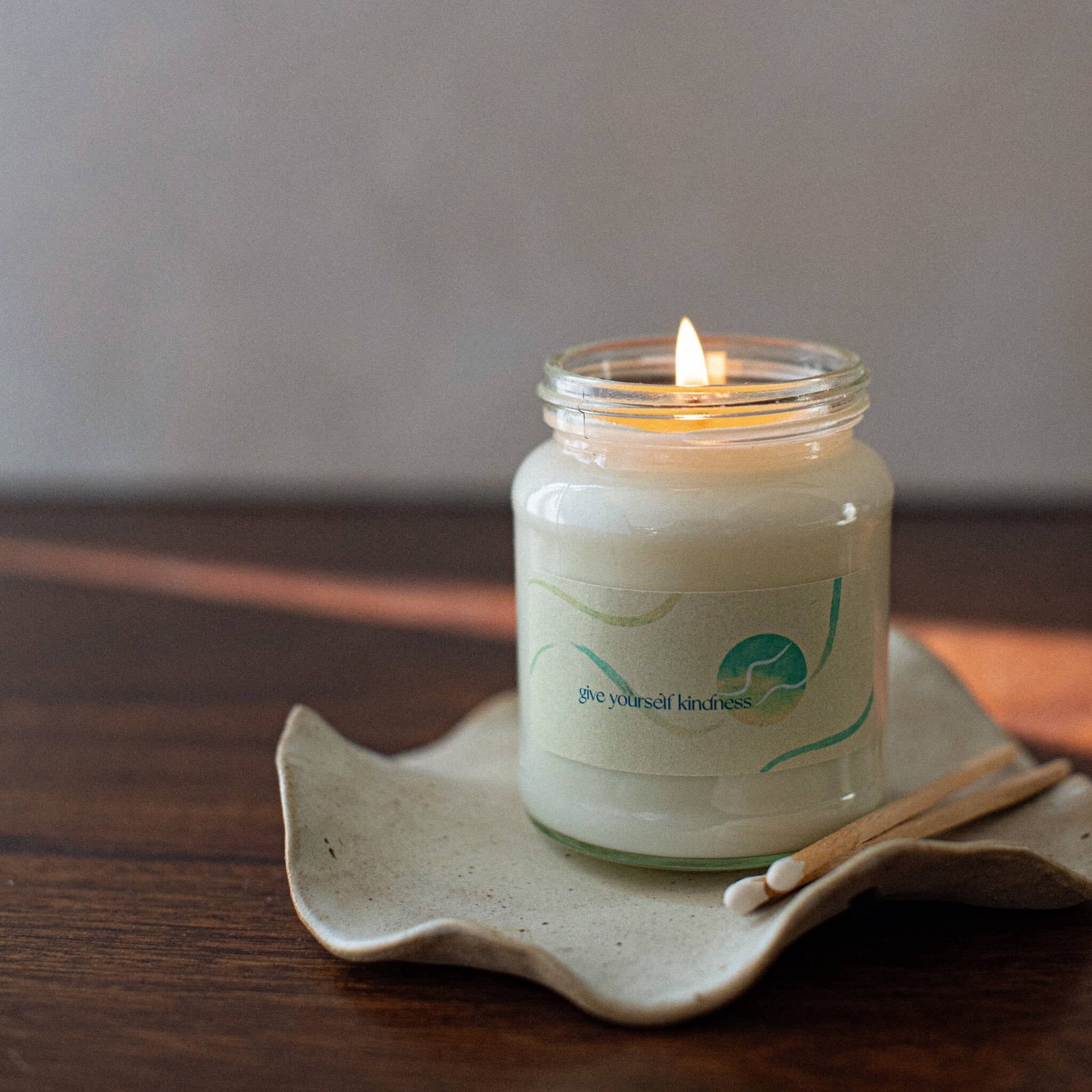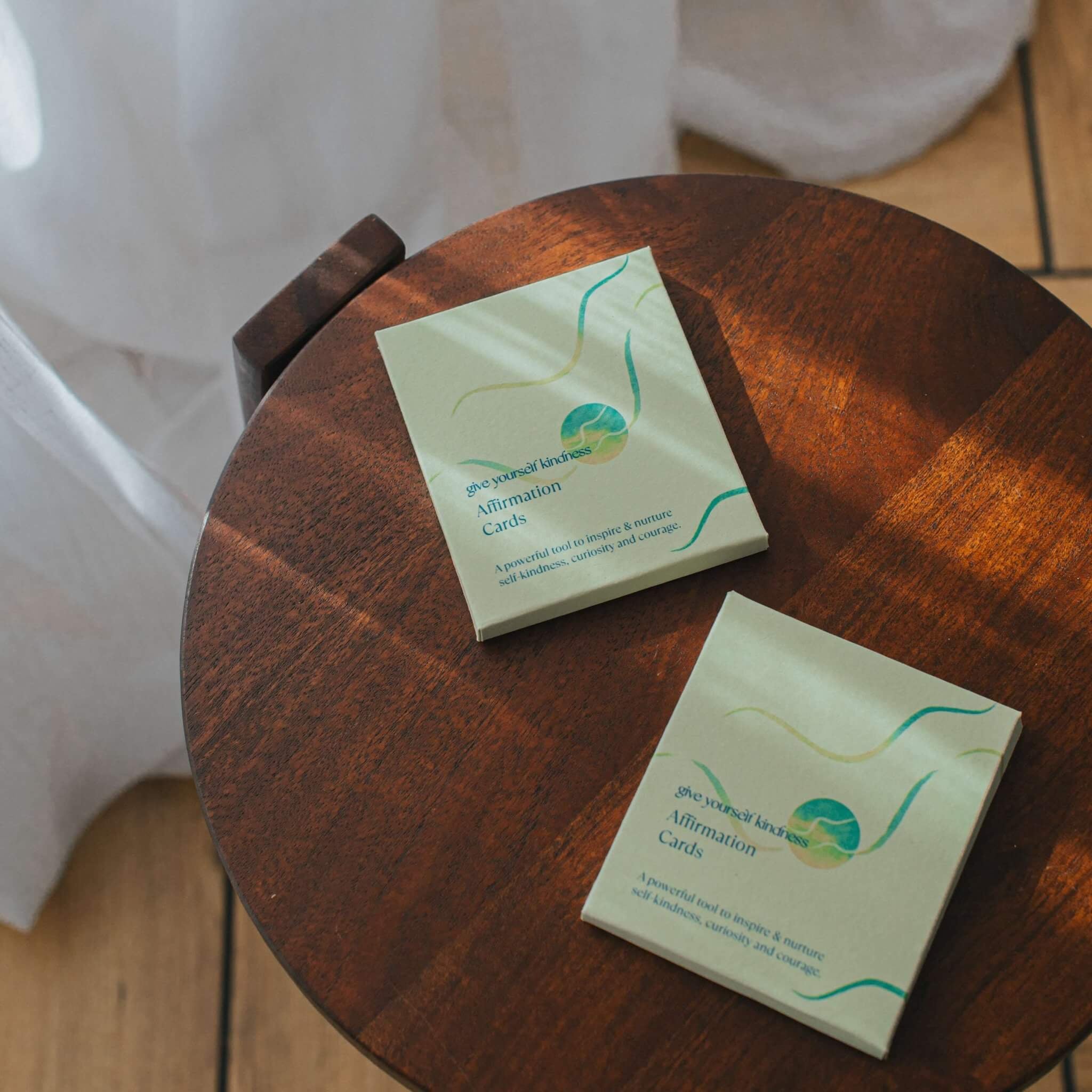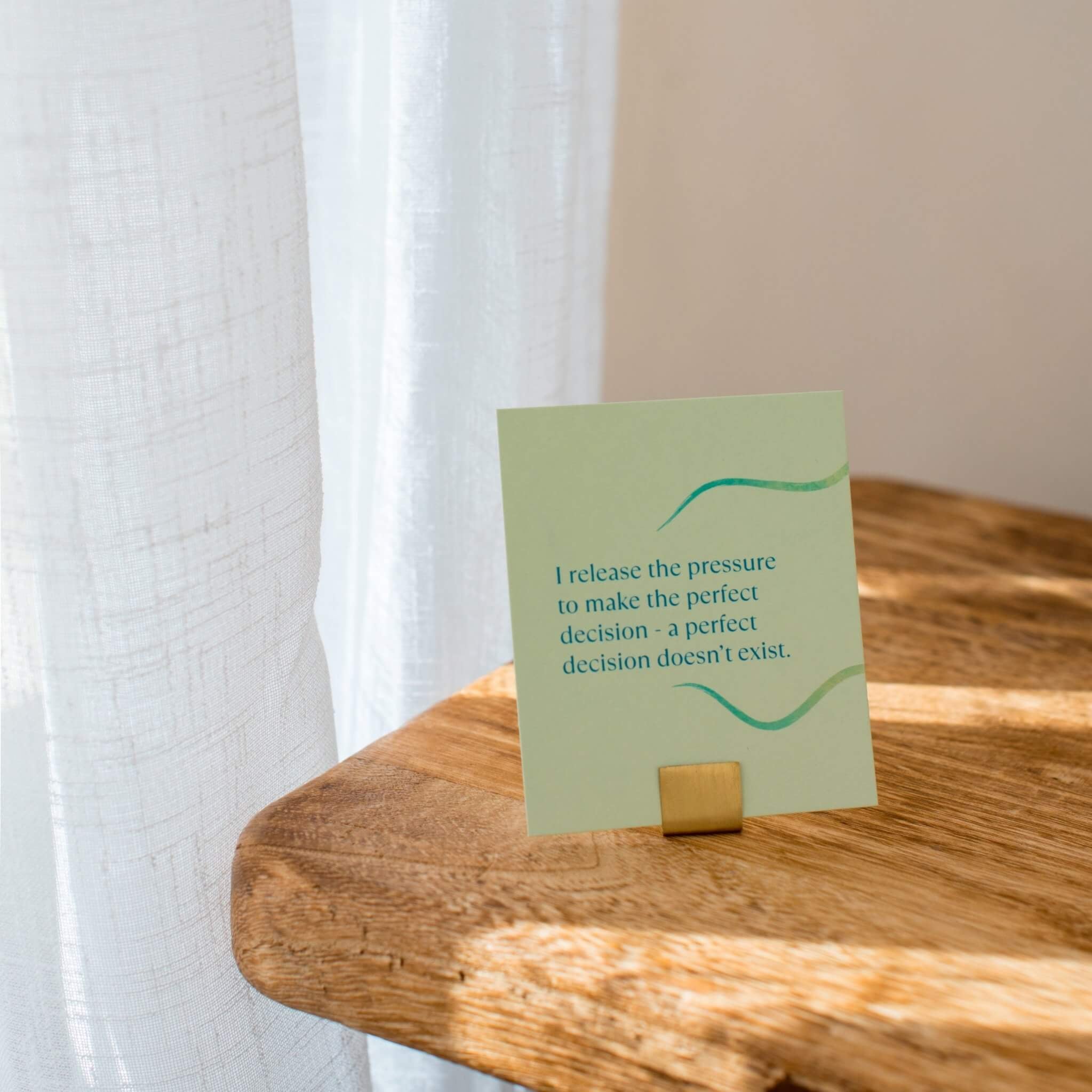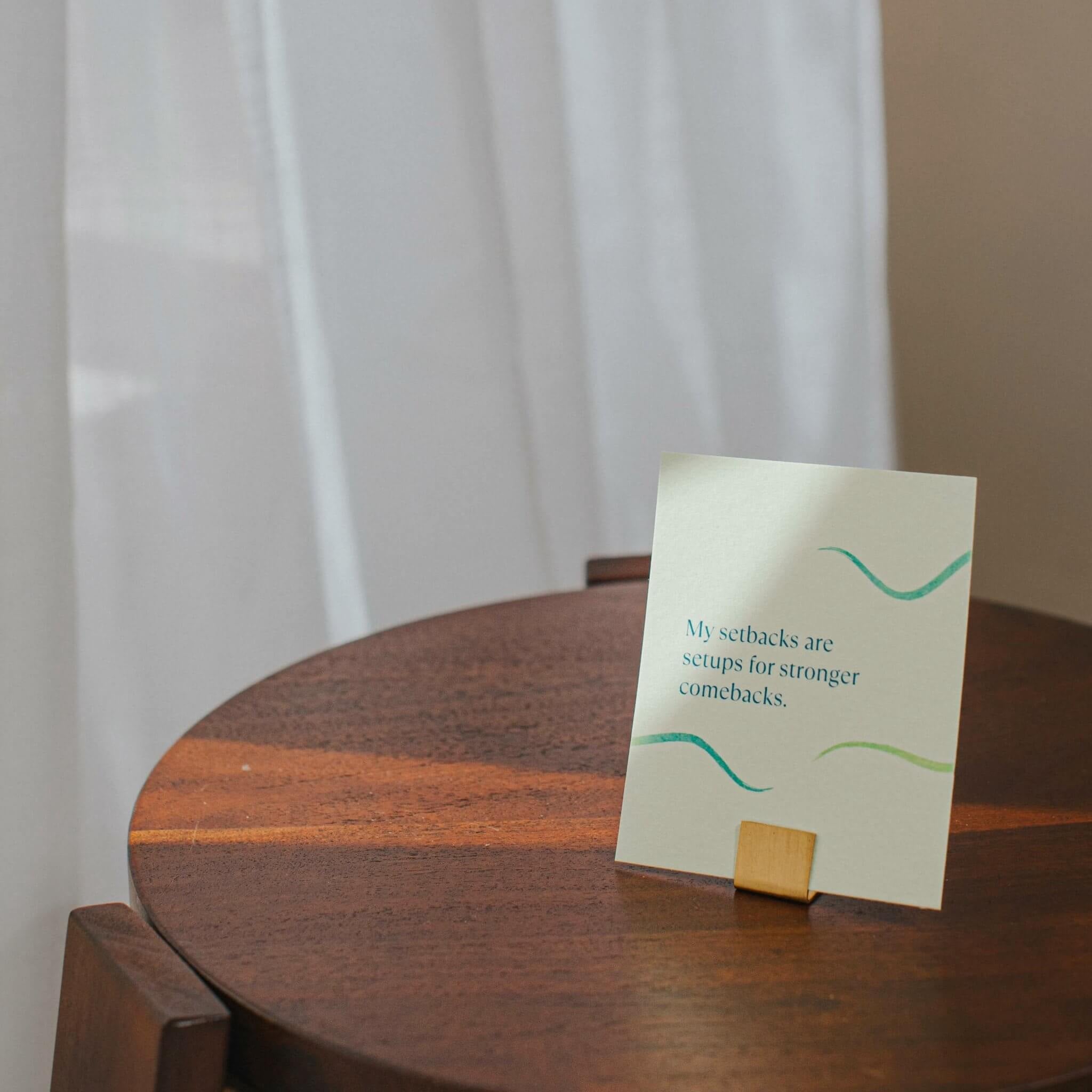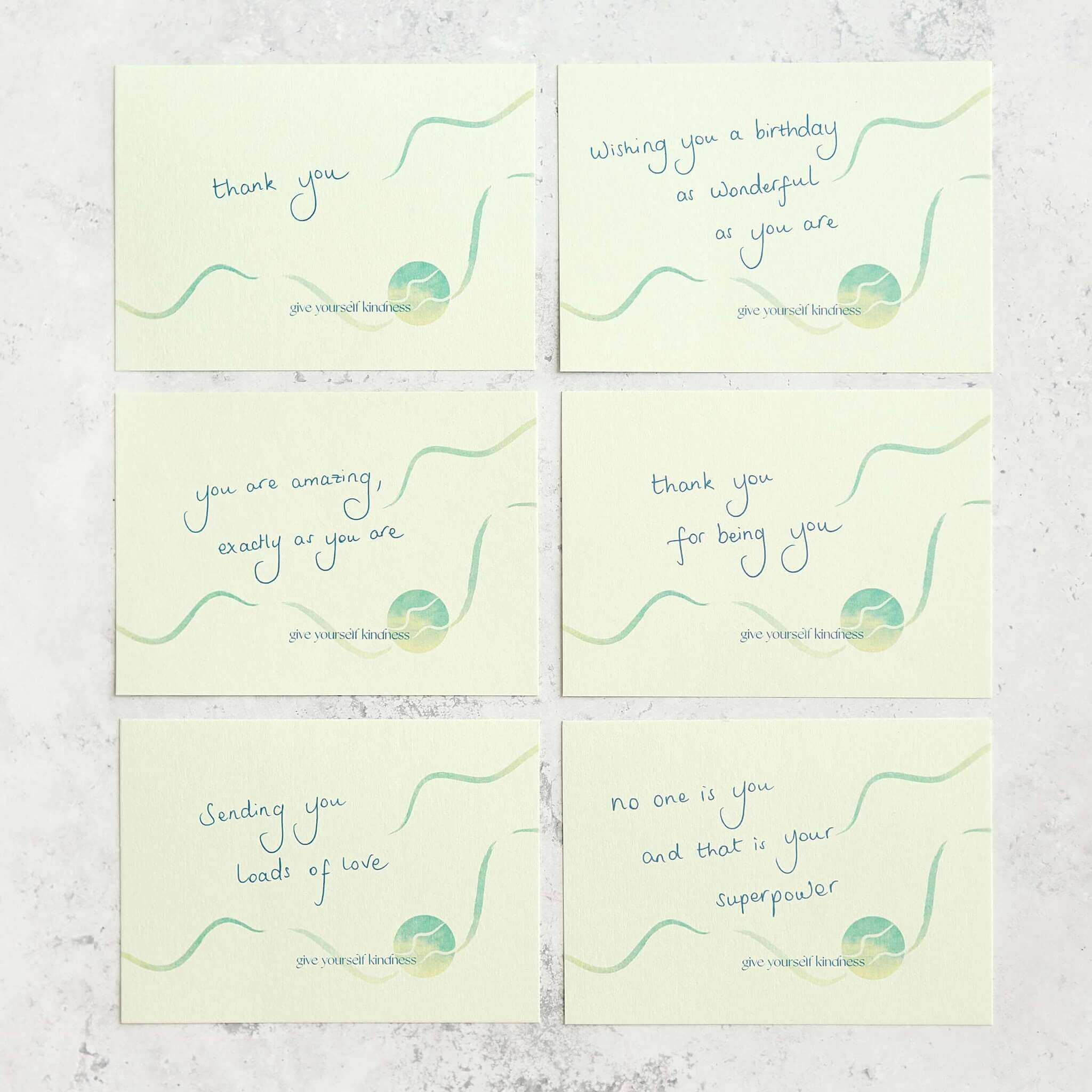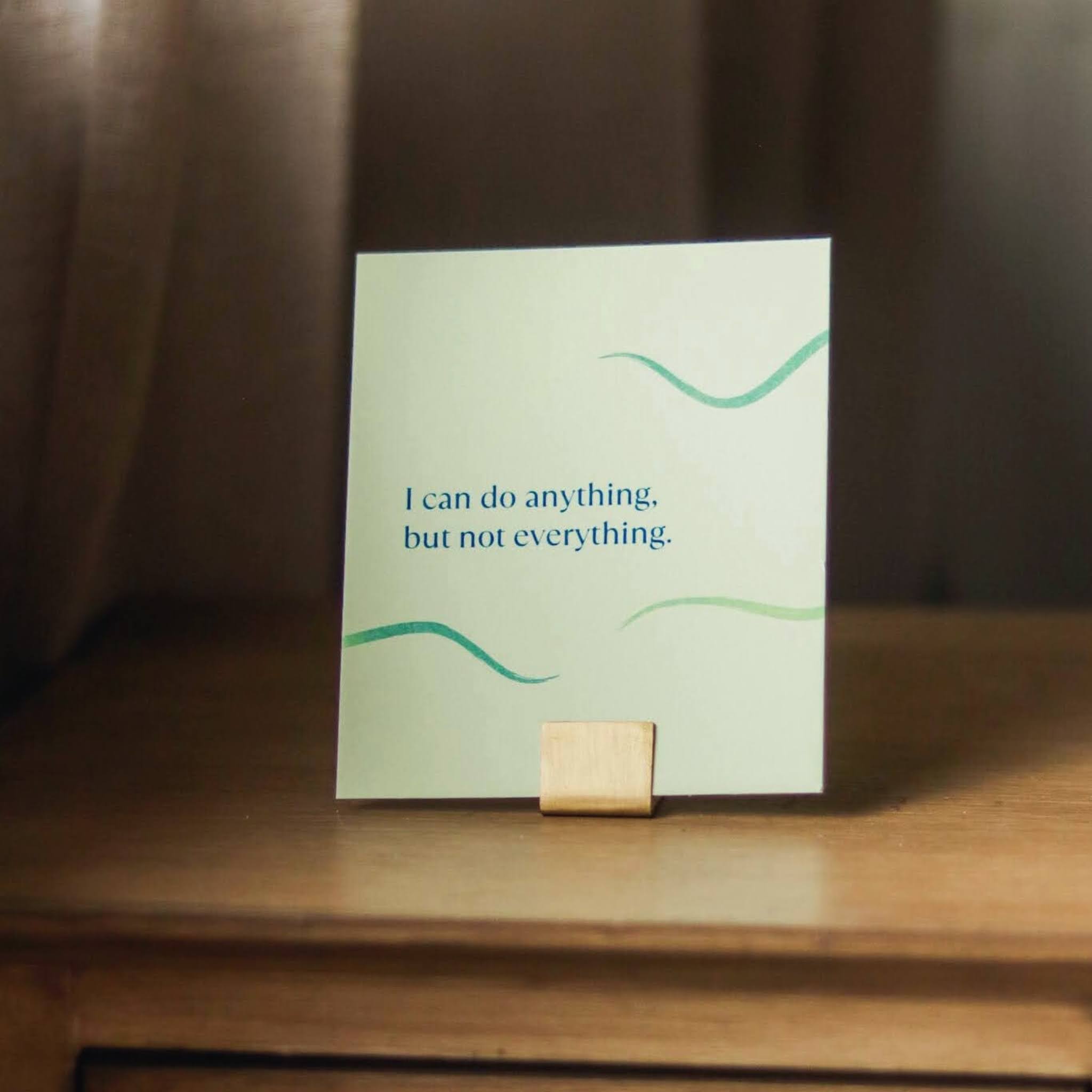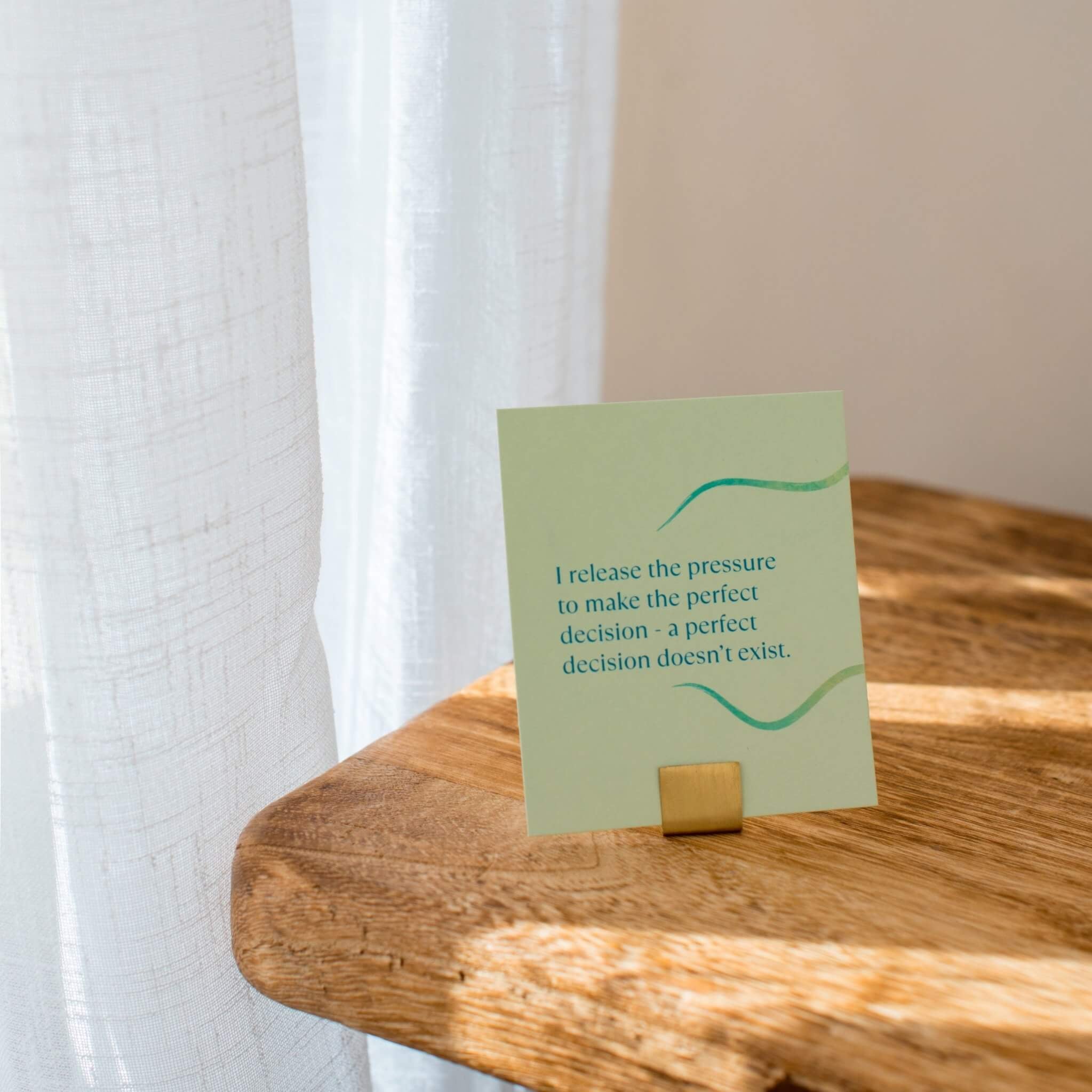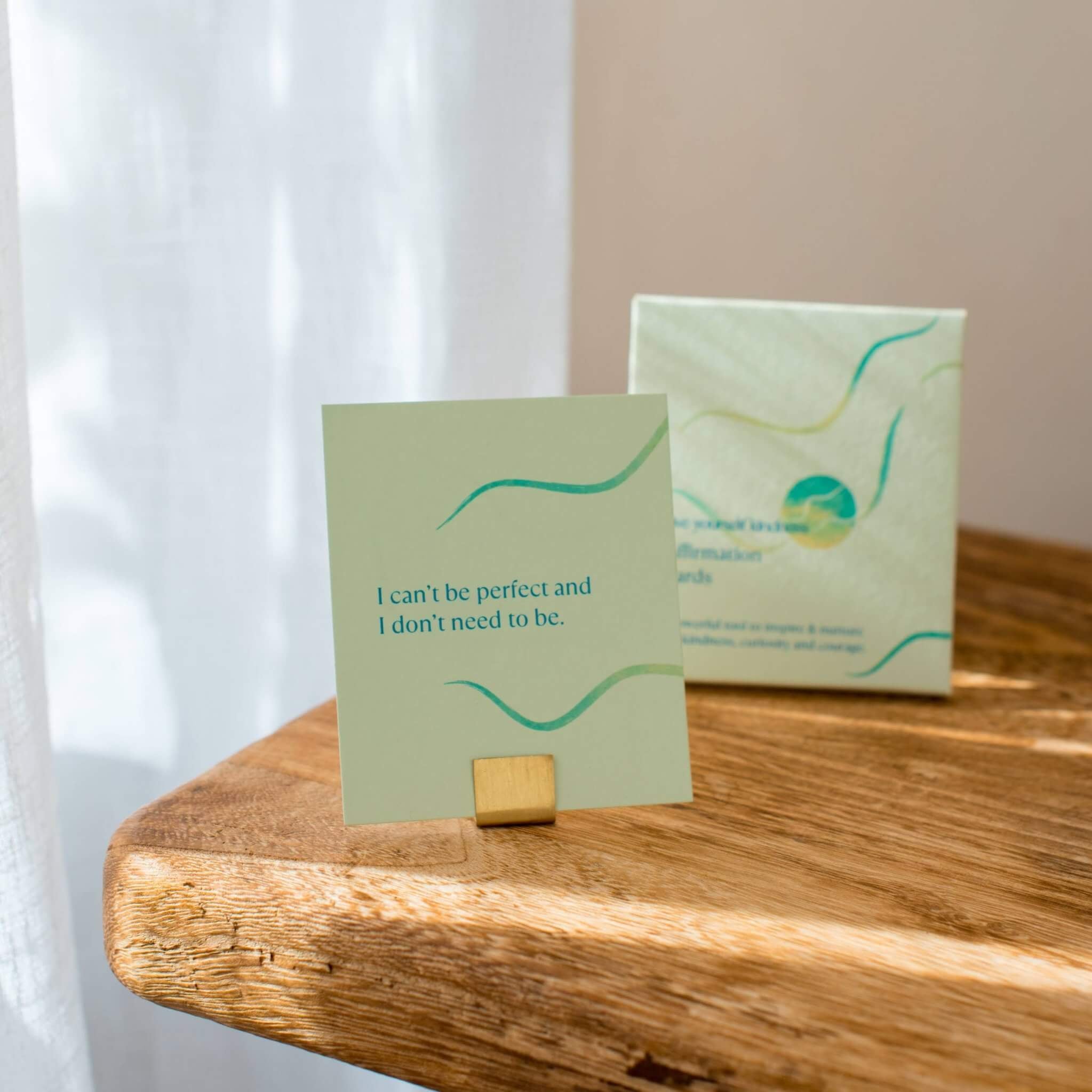written by Chris Germer, PhD a clinical psychologist and lecturer on psychiatry (part-time) at Harvard Medical School. He co-developed the Mindful Self-Compassion (MSC) program with Kristin Neff in 2010 and MSC has since been taught to over 250,000 people worldwide.
Mindfulness is not trying to relax
When we become aware of what's happening in our lives, it can be anything but relaxing, especially if we're stuck in a difficult situation.
'we become less surprised by the feelings that arise within us'
As we learn more about ourselves, however, we become less surprised by the feelings that arise within us. We develop a less reactive relationship to inner experience. We can recognize and let go of emotional storms more easily.
Mindfulness is not a religion
Although mindfulness has been practiced by Buddhist nuns and monks for over 2,500 years, any purposeful activity that increases awareness of moment-to-moment experience is a mindfulness exercise. We can practice mindfulness as part of a religion or not.
Modern scientific psychology considers mindfulness to be a core healing factor in psychotherapy.
Mindfulness is not about transcending ordinary life
Mindfulness is making intimate contact with each moment of our lives, no matter how trivial or mundane, simple things can become very special—extraordinarily ordinary—with this type of awareness. For example, the flavor of your food or the color of a rose will be enhanced if you pay close attention to it.
'contact with each moment of our lives, no matter how trivial or mundane'
Mindfulness is also about experiencing oneself more fully, not trying to bypass the mundane, ragged edges of our lives.
Mindfulness is not emptying the mind of thoughts
The brain will always produce thoughts—that's what it does.
Mindfulness allows us to develop a more harmonious relationship with our thoughts and feelings through a deeper understanding of how the mind works. It may feel as if we have fewer thoughts, because we're not struggling with them so much.
Mindfulness is not difficult
You shouldn't feel disheartened when you discover that your mind wanders incessantly. That's the nature of the mind.
'not possible to do this practice perfectly, nor is it possible to fail'
It's also the nature of the mind to eventually become aware of its wandering. Ironically, it's in the very moment when you despair that you're not mindful, that you become mindful. It's not possible to do this practice perfectly, nor is it possible to fail. That's why it's called a "practice".
Mindfulness is not escape from pain
This is the toughest idea to accept, because we rarely do anything without the wish to feel better. You will feel better with mindfulness and acceptance, but only by learning not to escape from pain.
'Mindfulness makes emotional space for pain'
Pain is like an angry bull: When it's confined to a tight stool, it will be wild and try to escape. When it's in a wild open field, it will calm down. Mindfulness makes emotional space for pain.
This is an excerpt from The Mindful Path To Self-Compassion by Chris Germer, PhD (Guilford Press) approved exclusively to be shared on Give Yourself Kindness.

Chris Germer, PhD is a clinical psychologist and lecturer on psychiatry (part-time) at Harvard Medical School. He co-developed the Mindful Self-Compassion (MSC) program with Kristin Neff in 2010 and MSC has since been taught to over 250,000 people worldwide. They co-authored two books on MSC, The Mindful Self-Compassion Workbook and Teaching the Mindful Self-Compassion Program.
Chris spends most of his time lecturing and leading workshops around the world on mindfulness and self-compassion. He is also the author of The Mindful Path to Self-Compassion; he co-edited two influential volumes on therapy, Mindfulness and Psychotherapy, and Wisdom and Compassion in Psychotherapy; and he maintains a small online practice in Cambridge, Massachusetts, USA.






